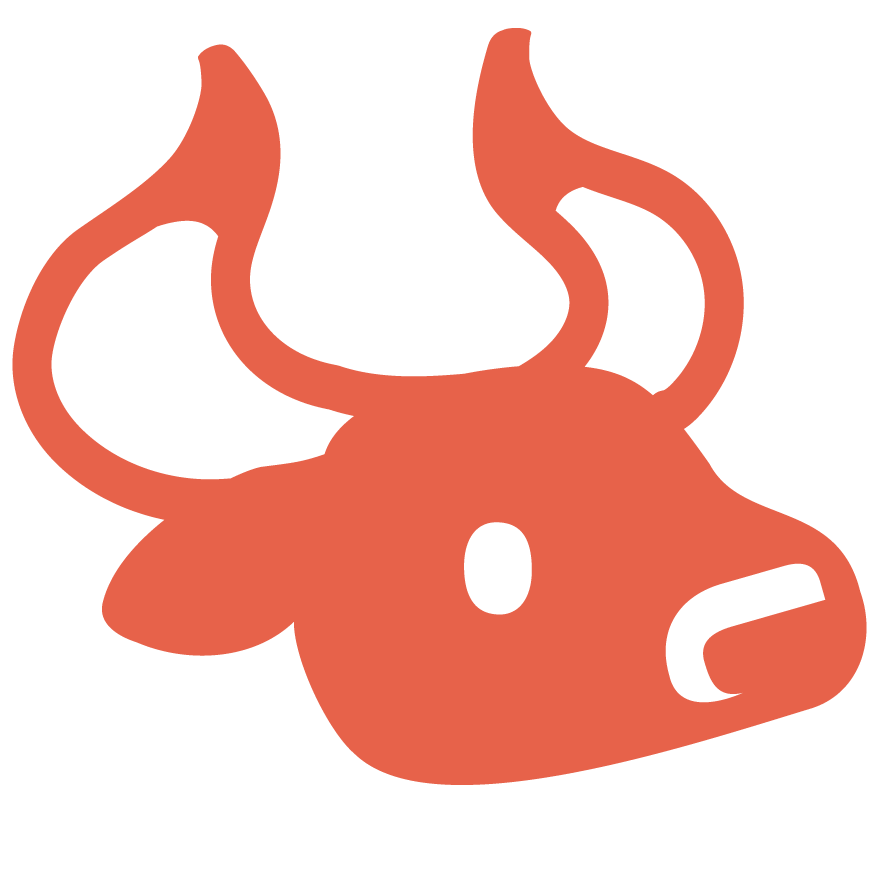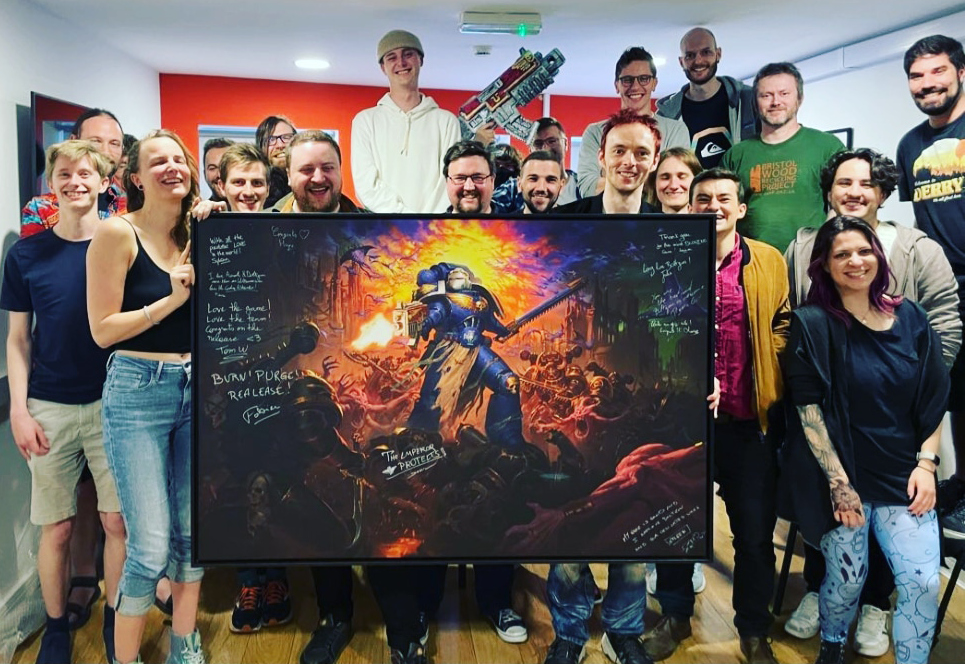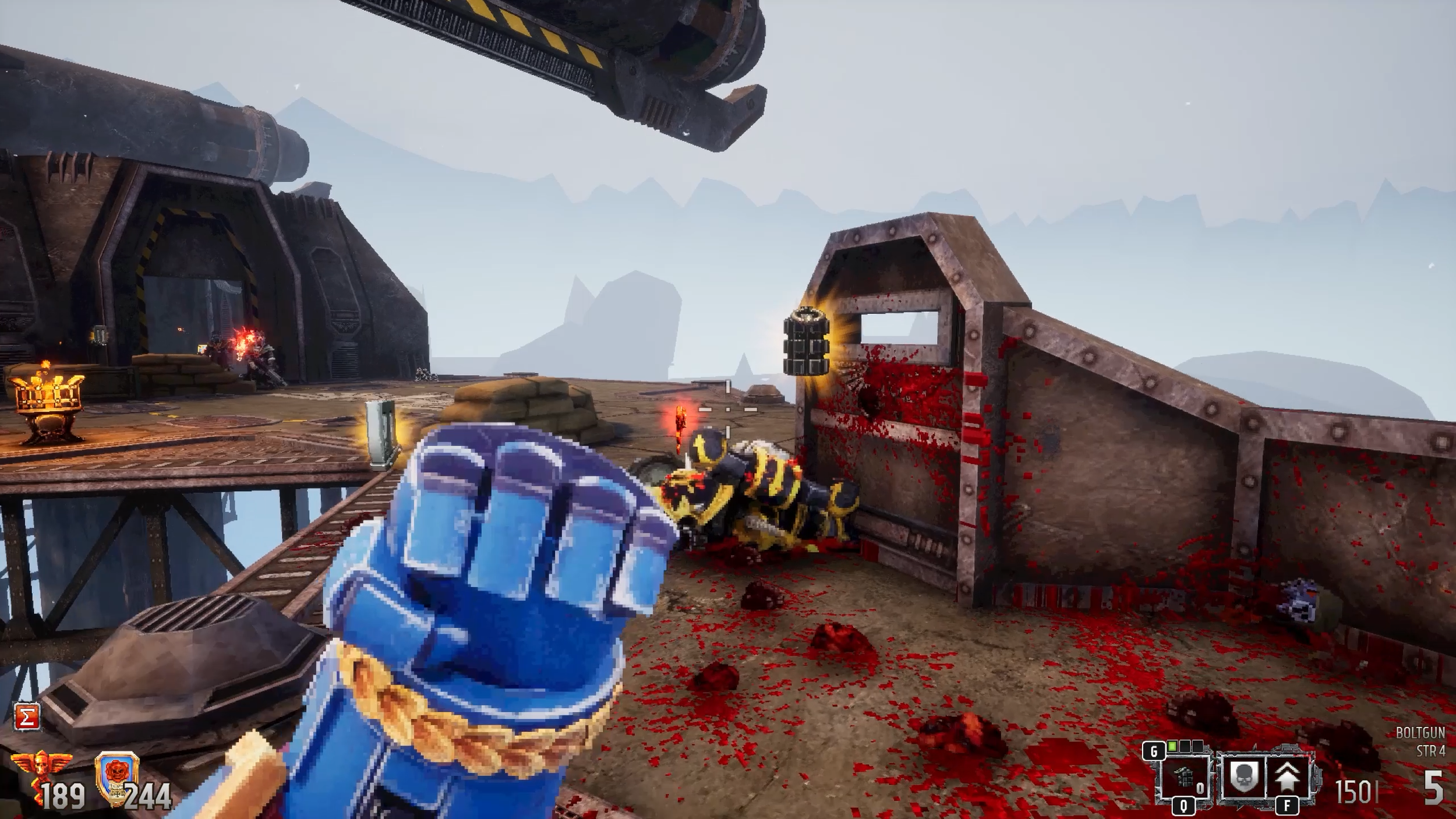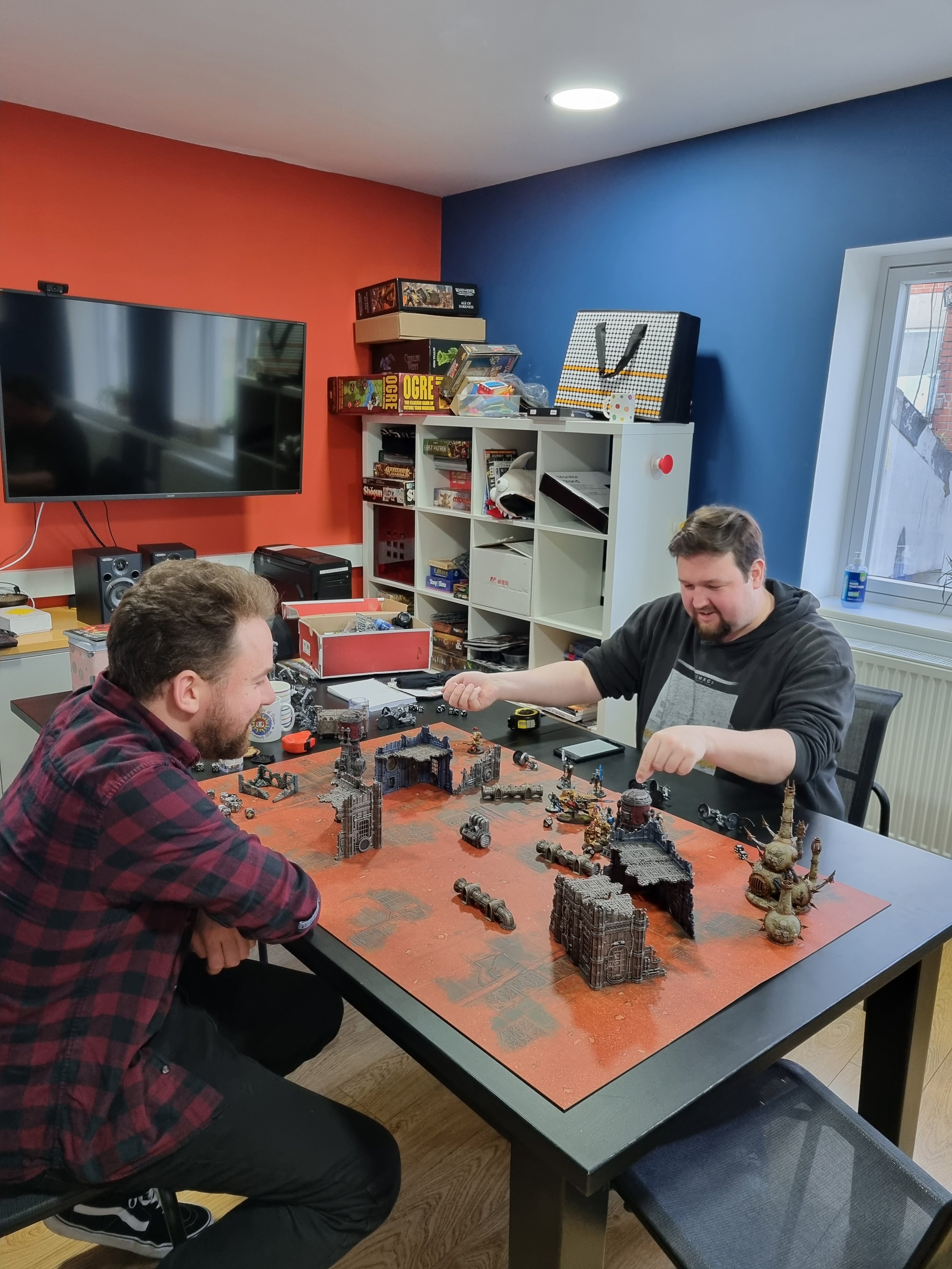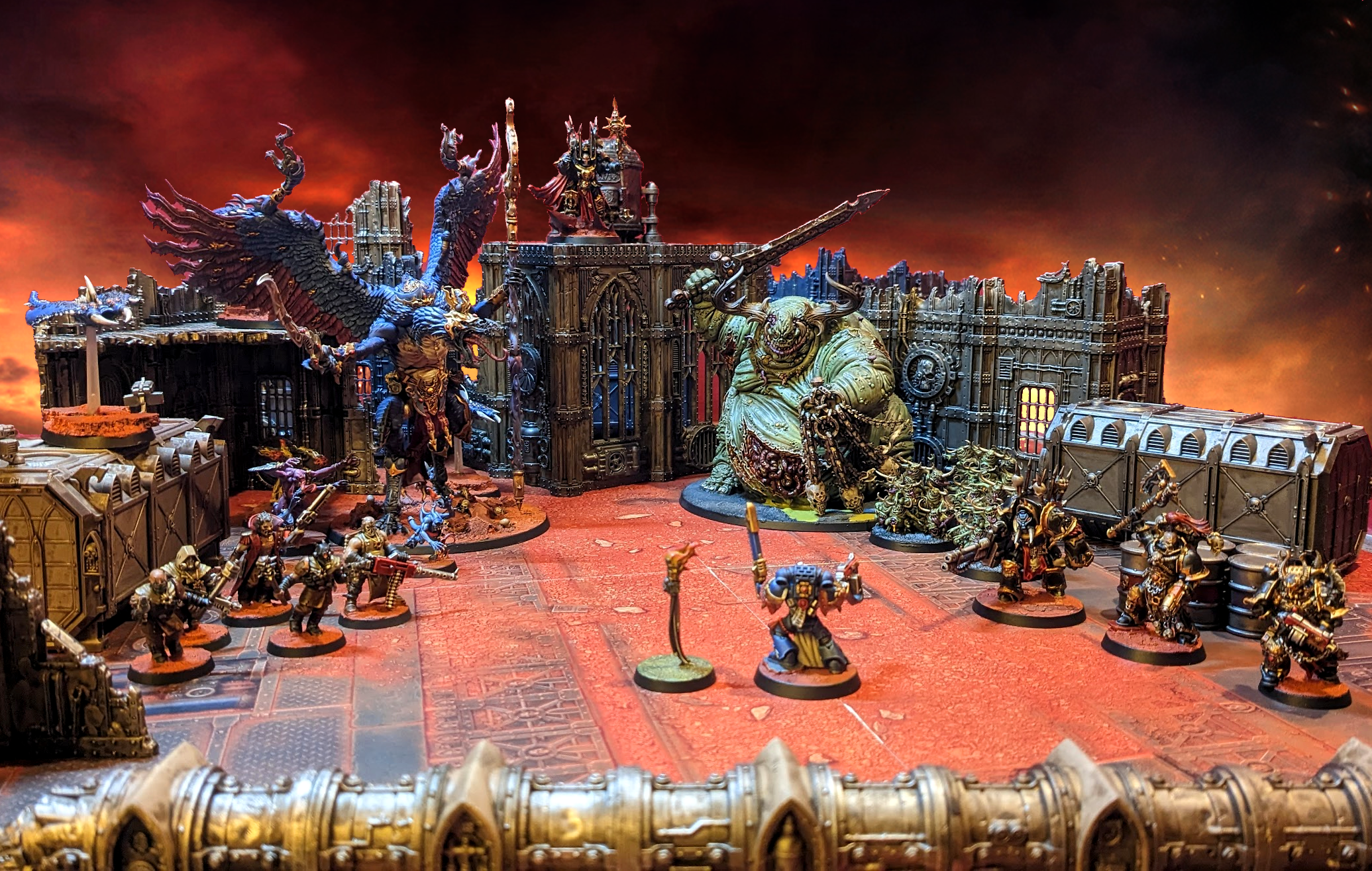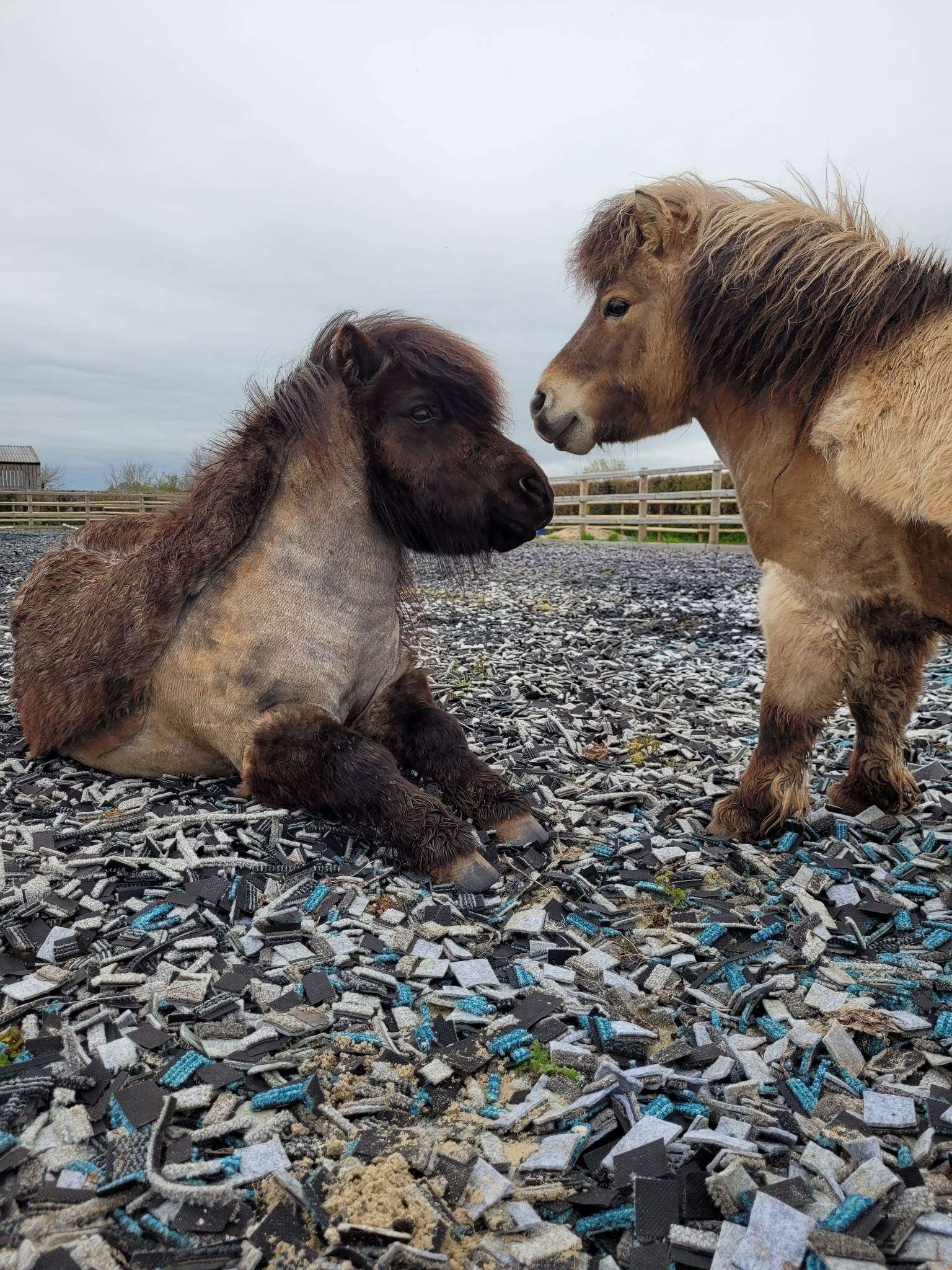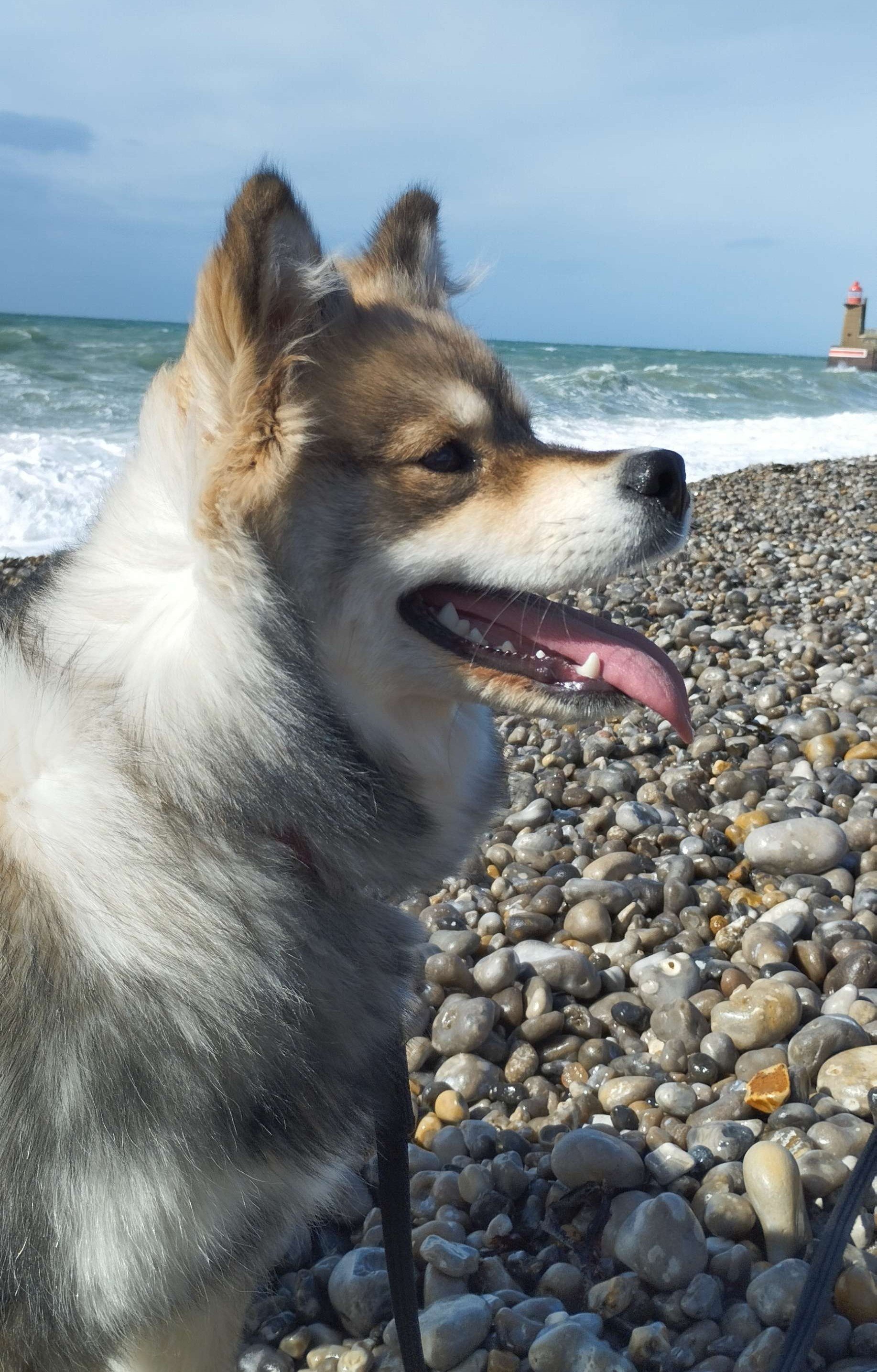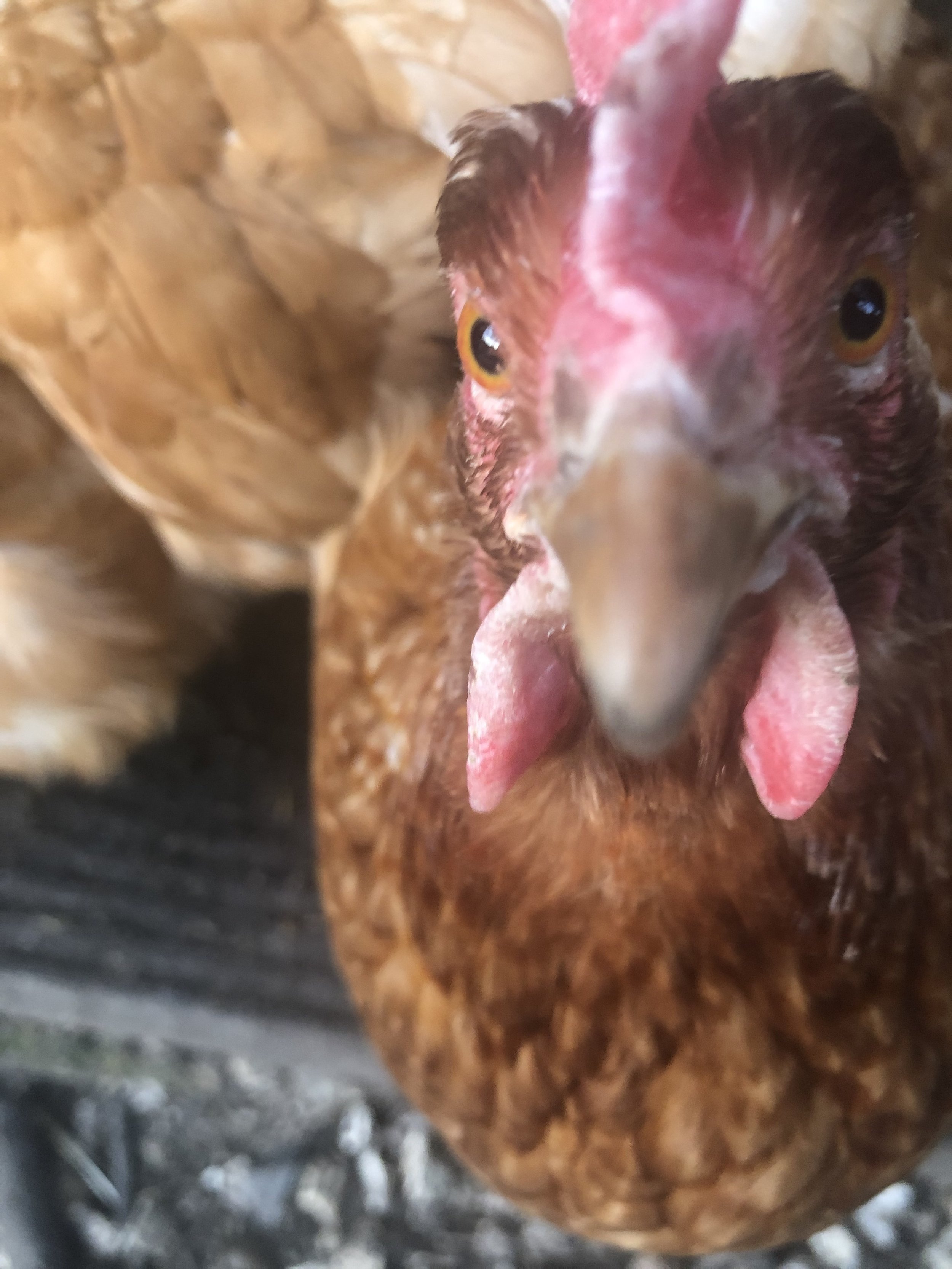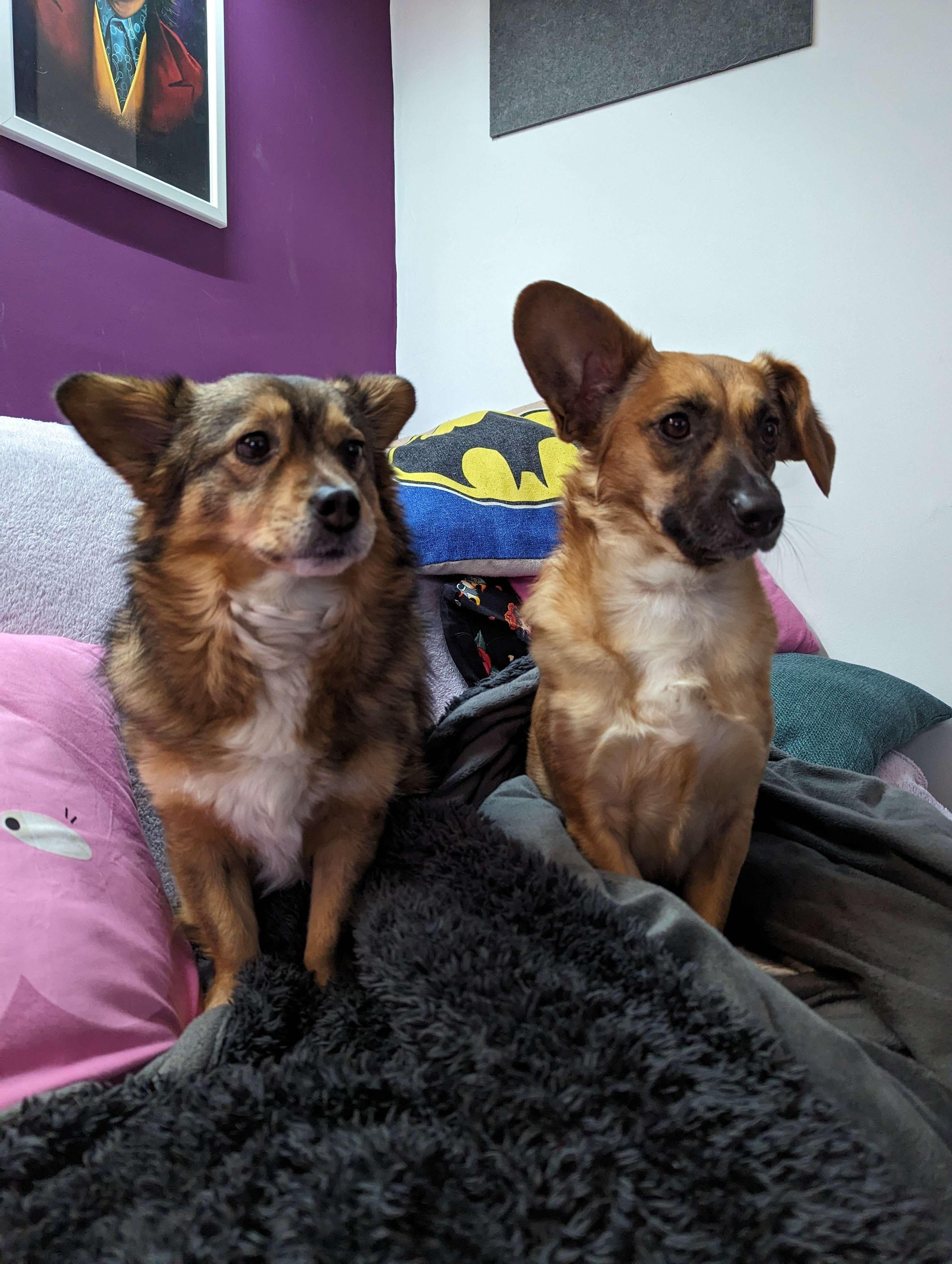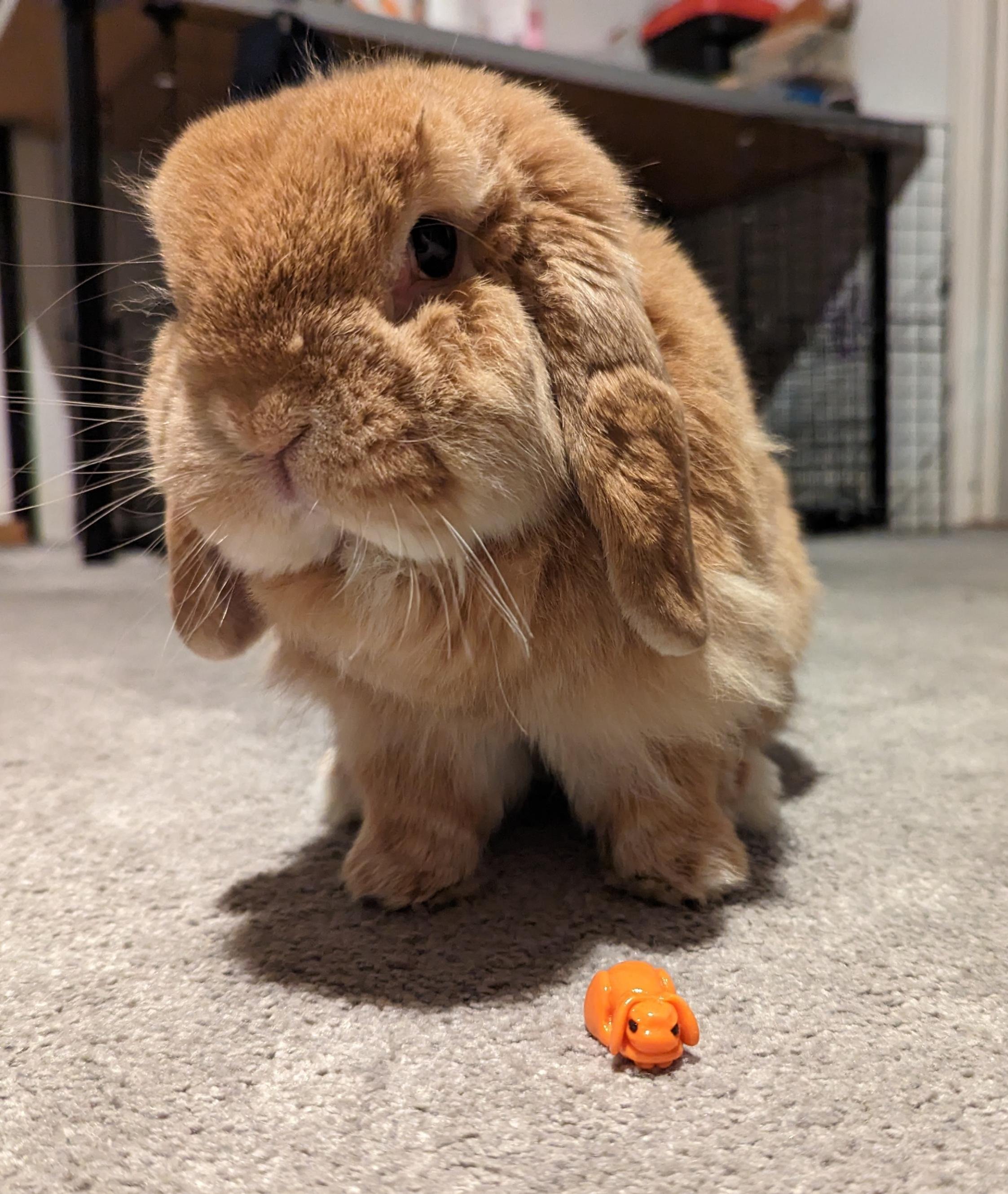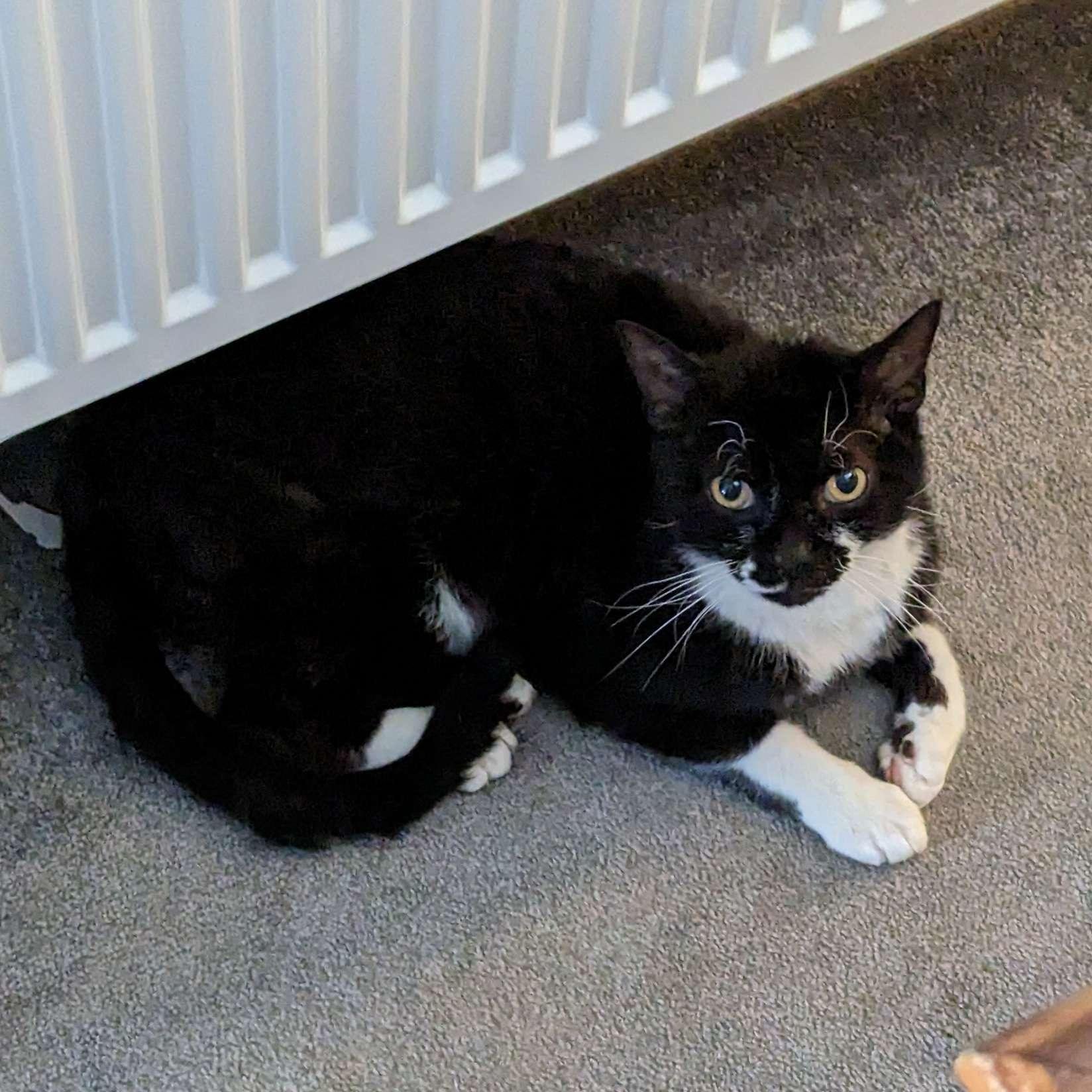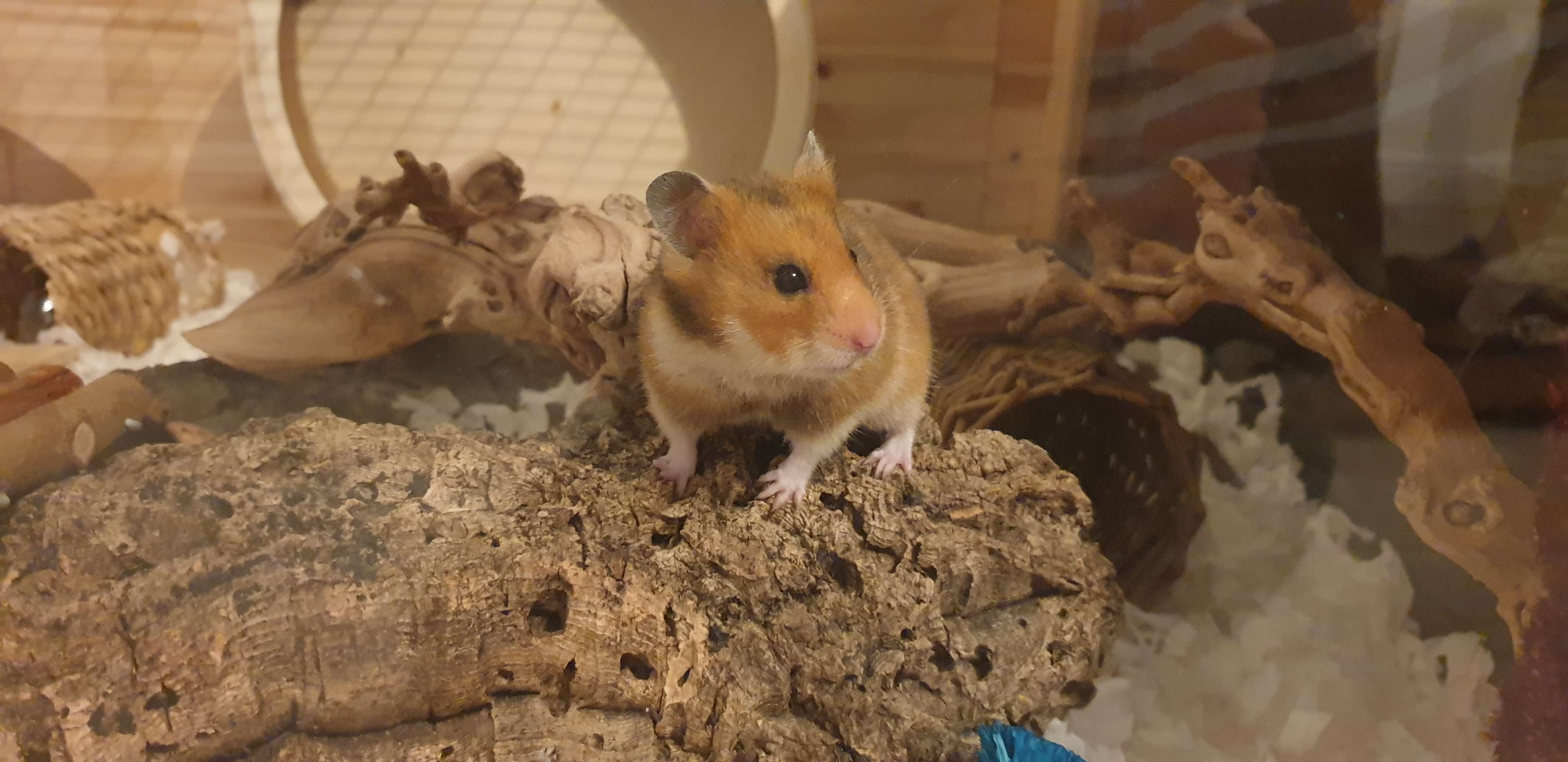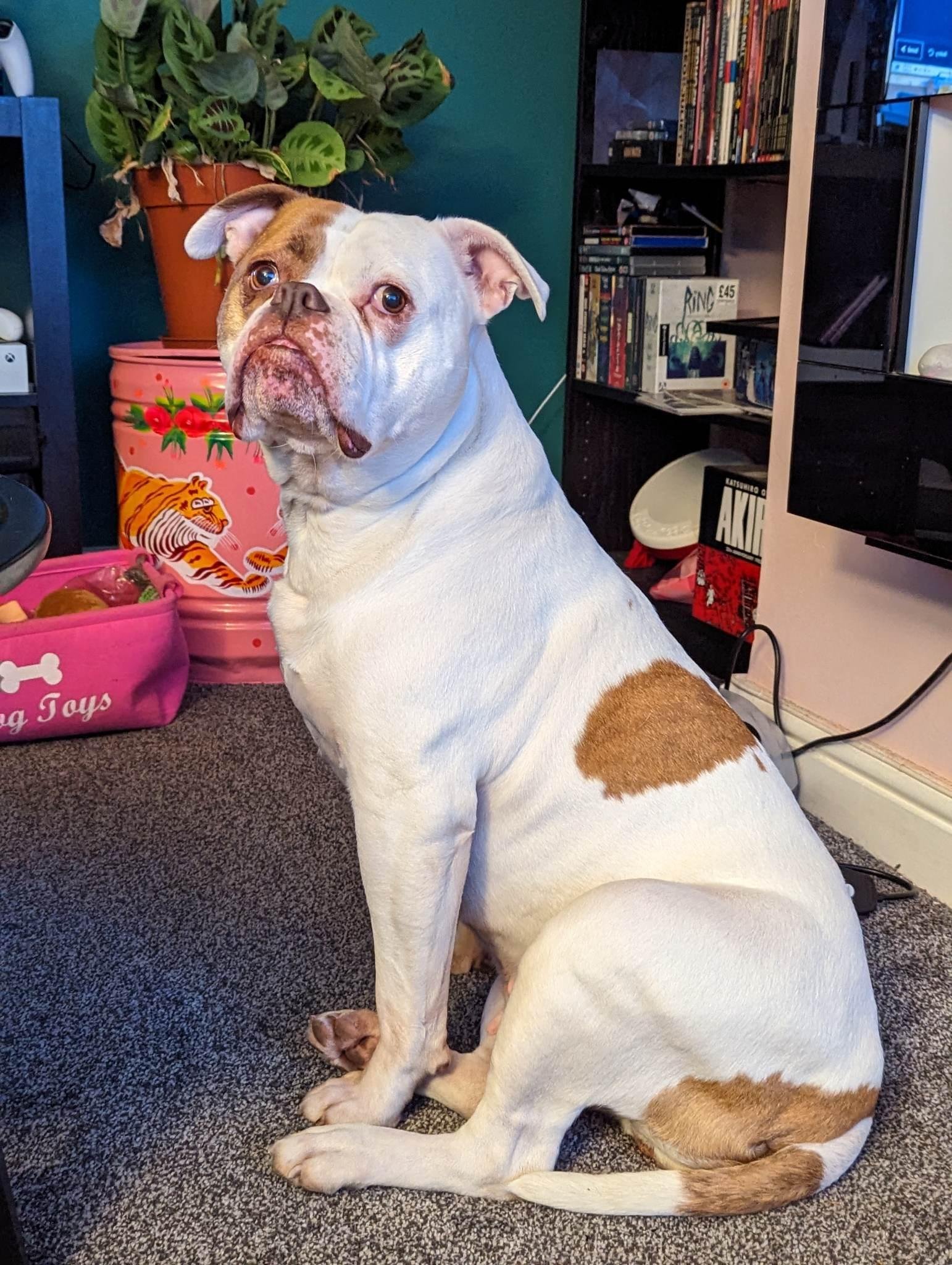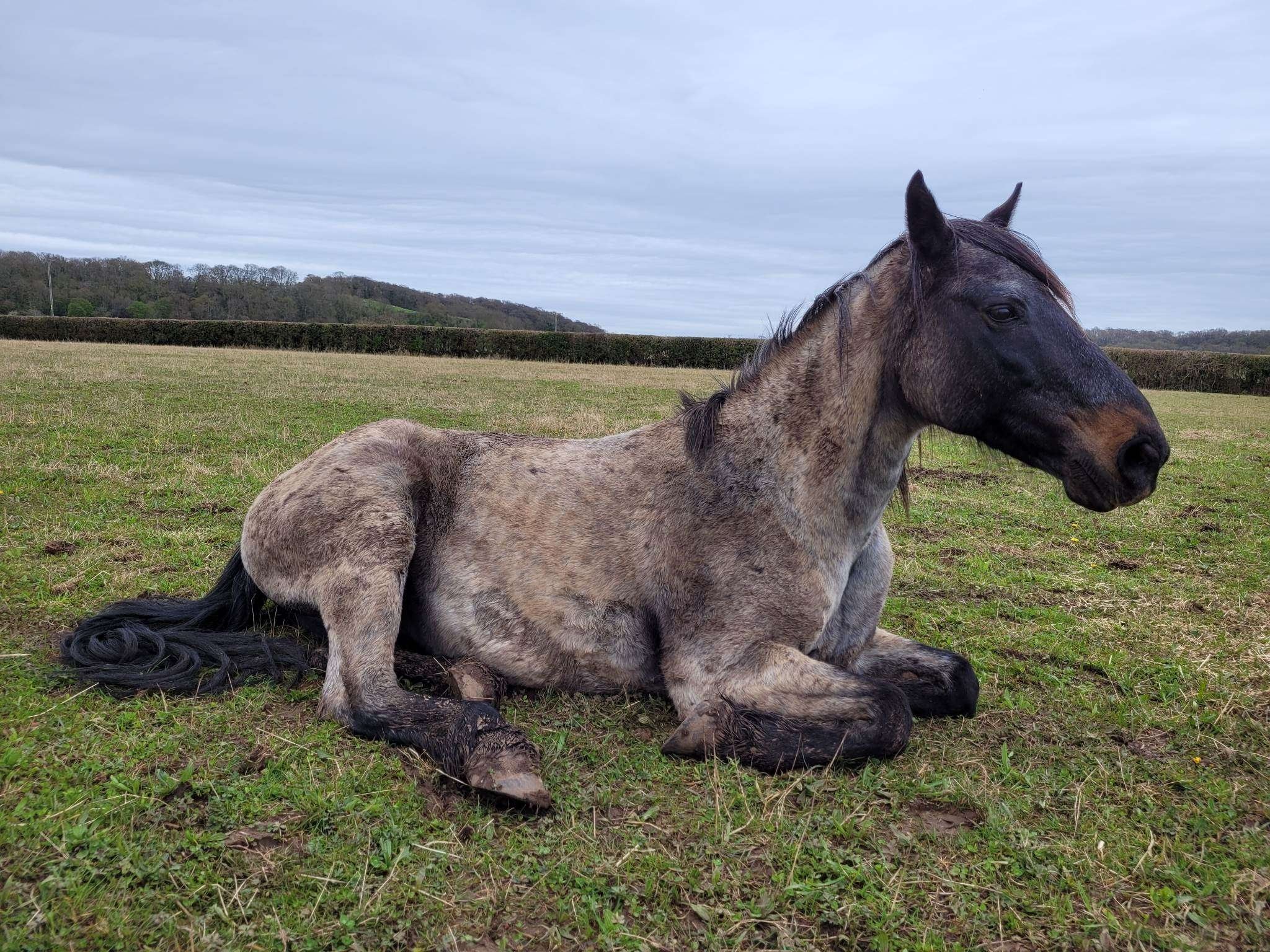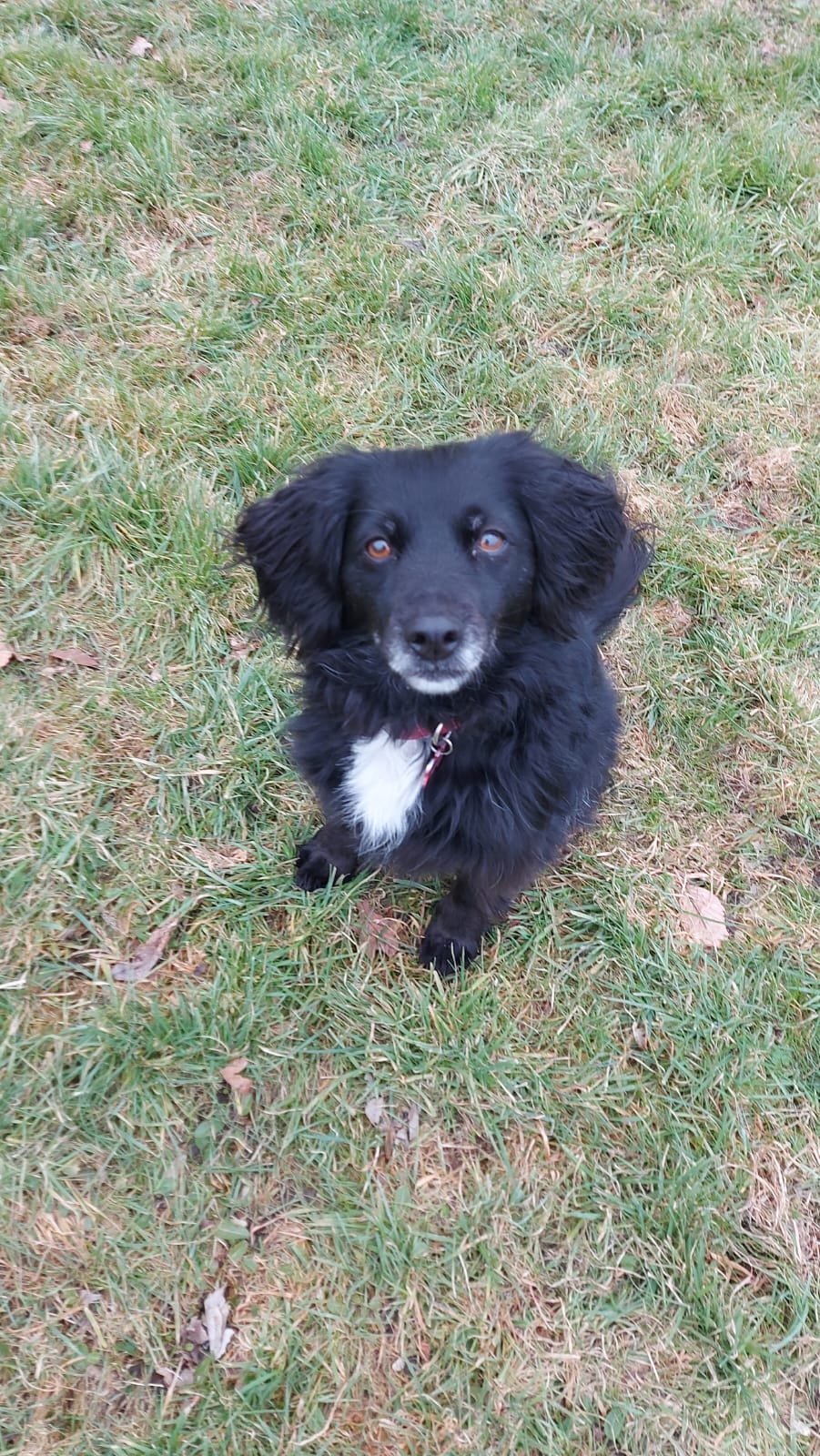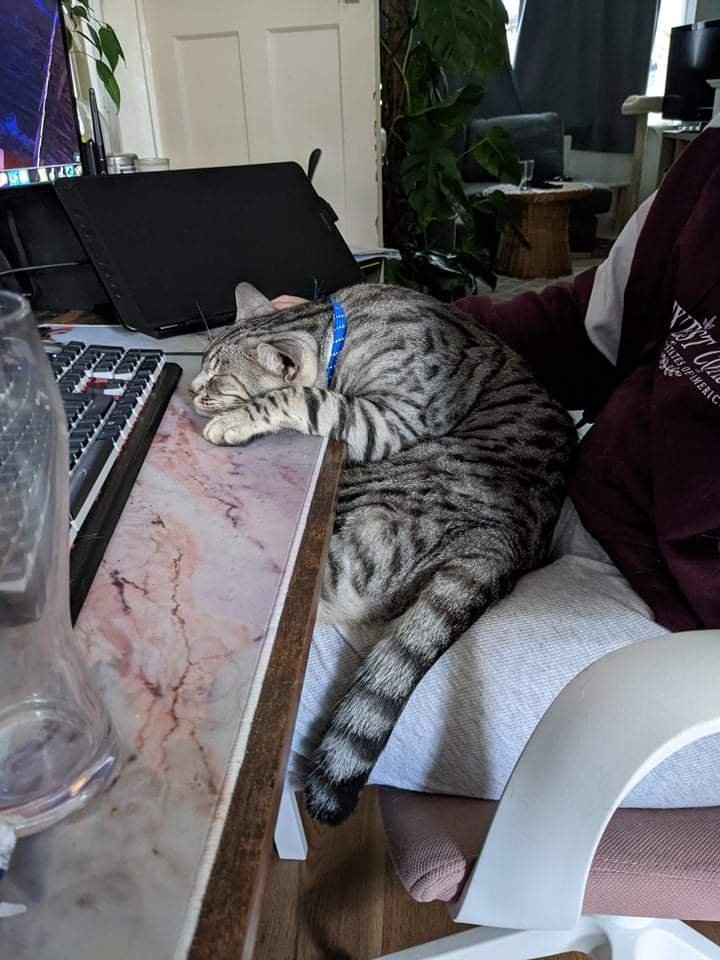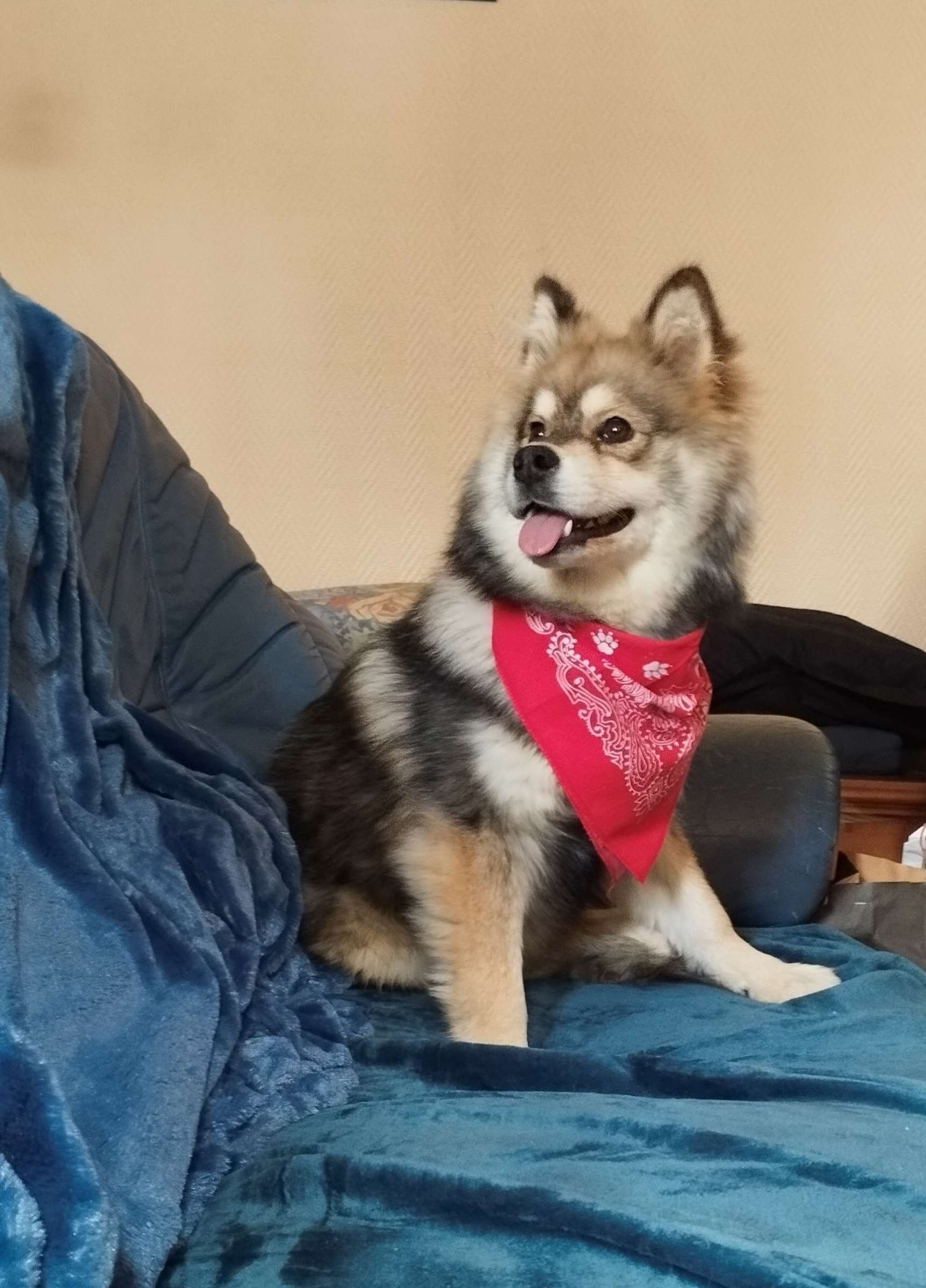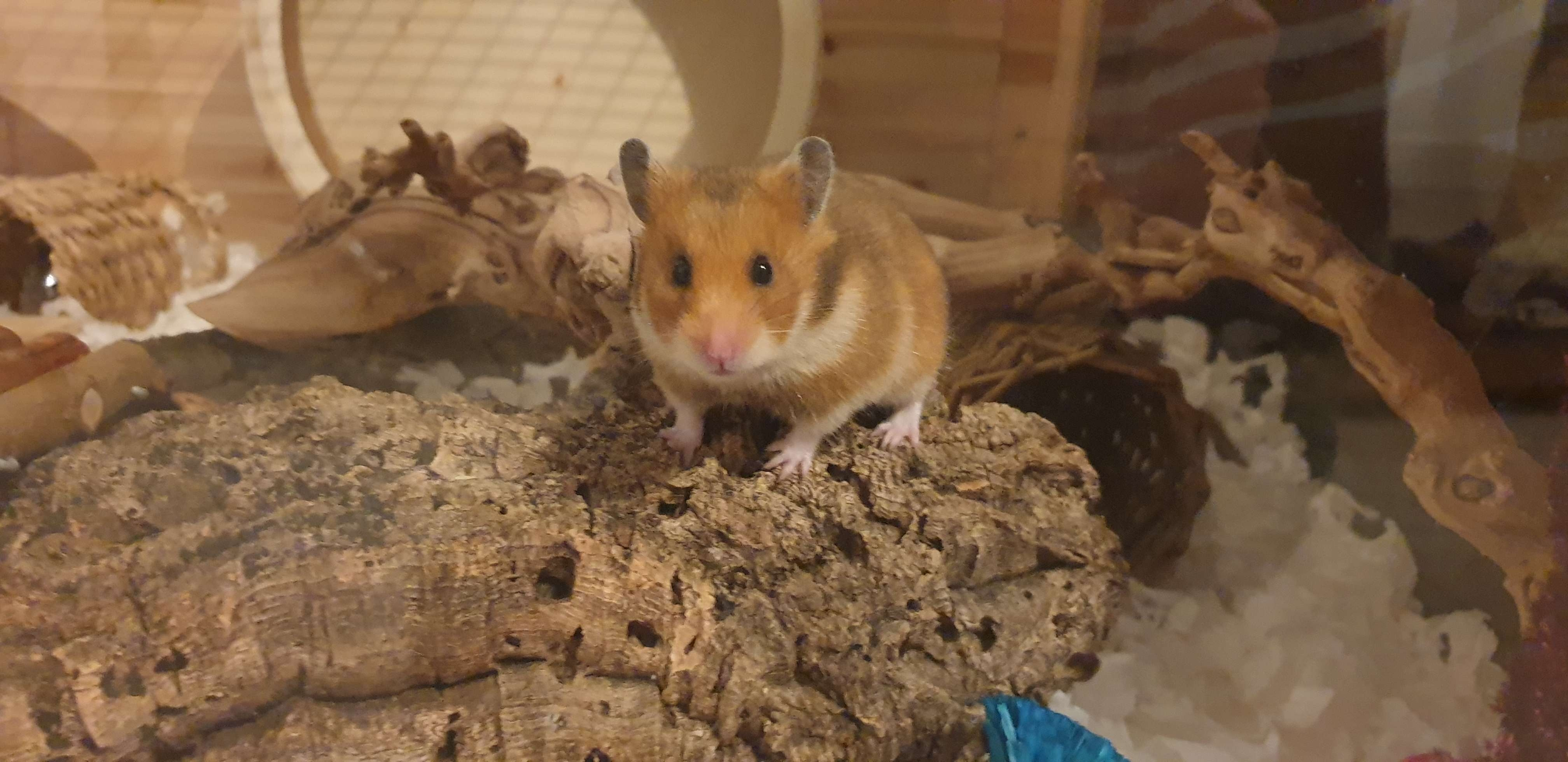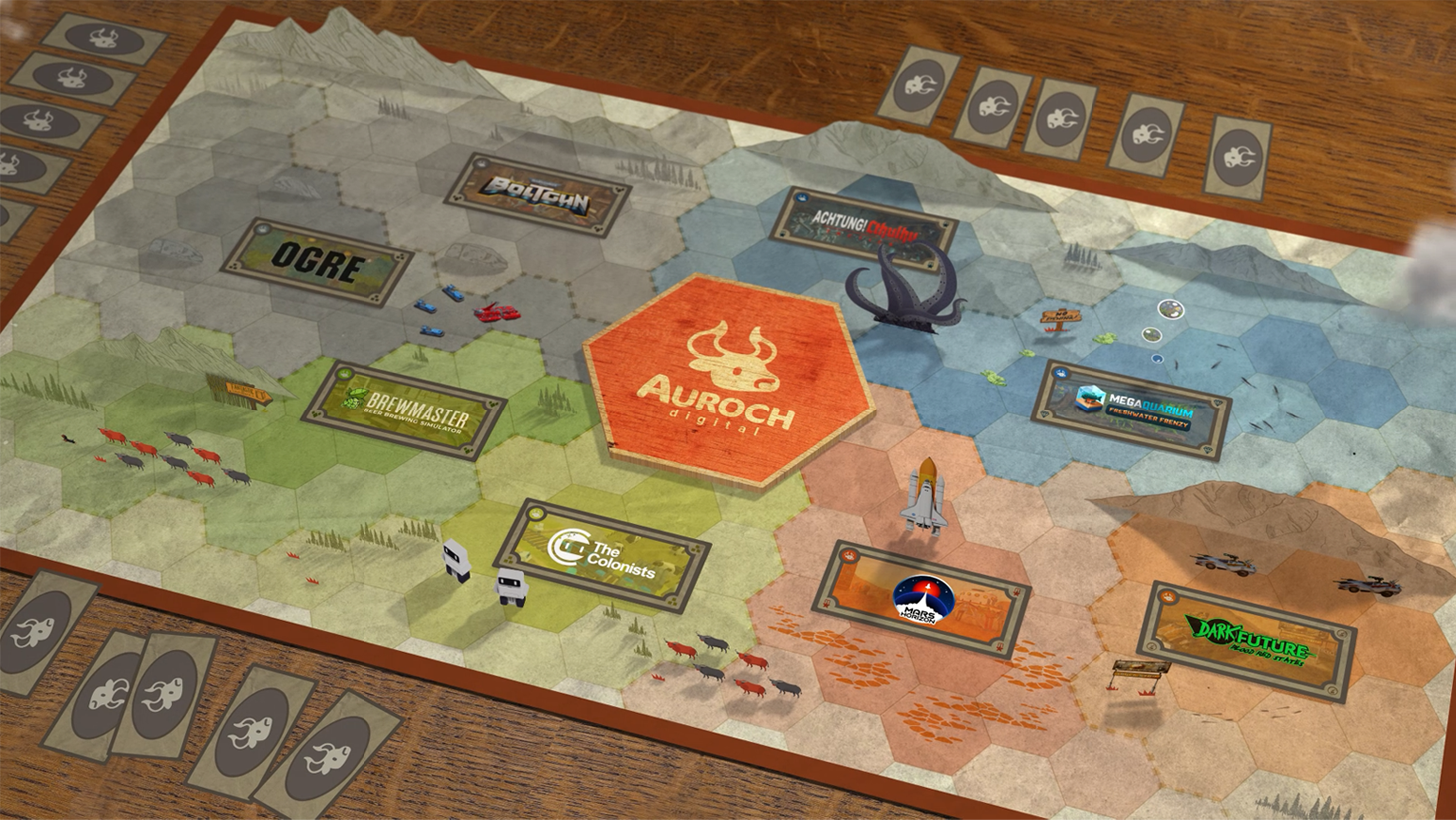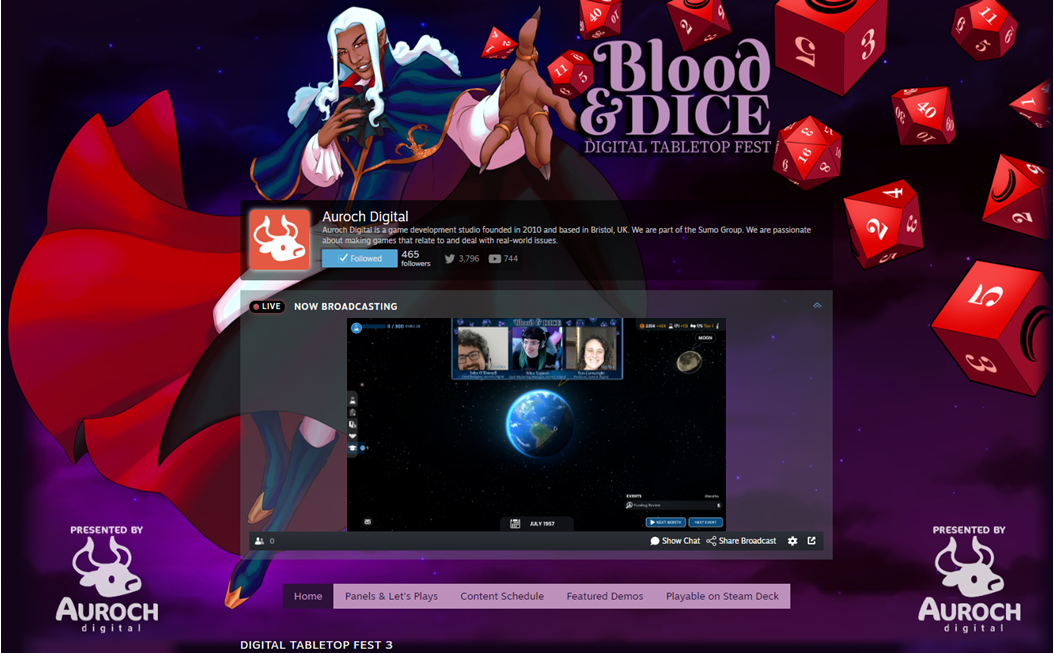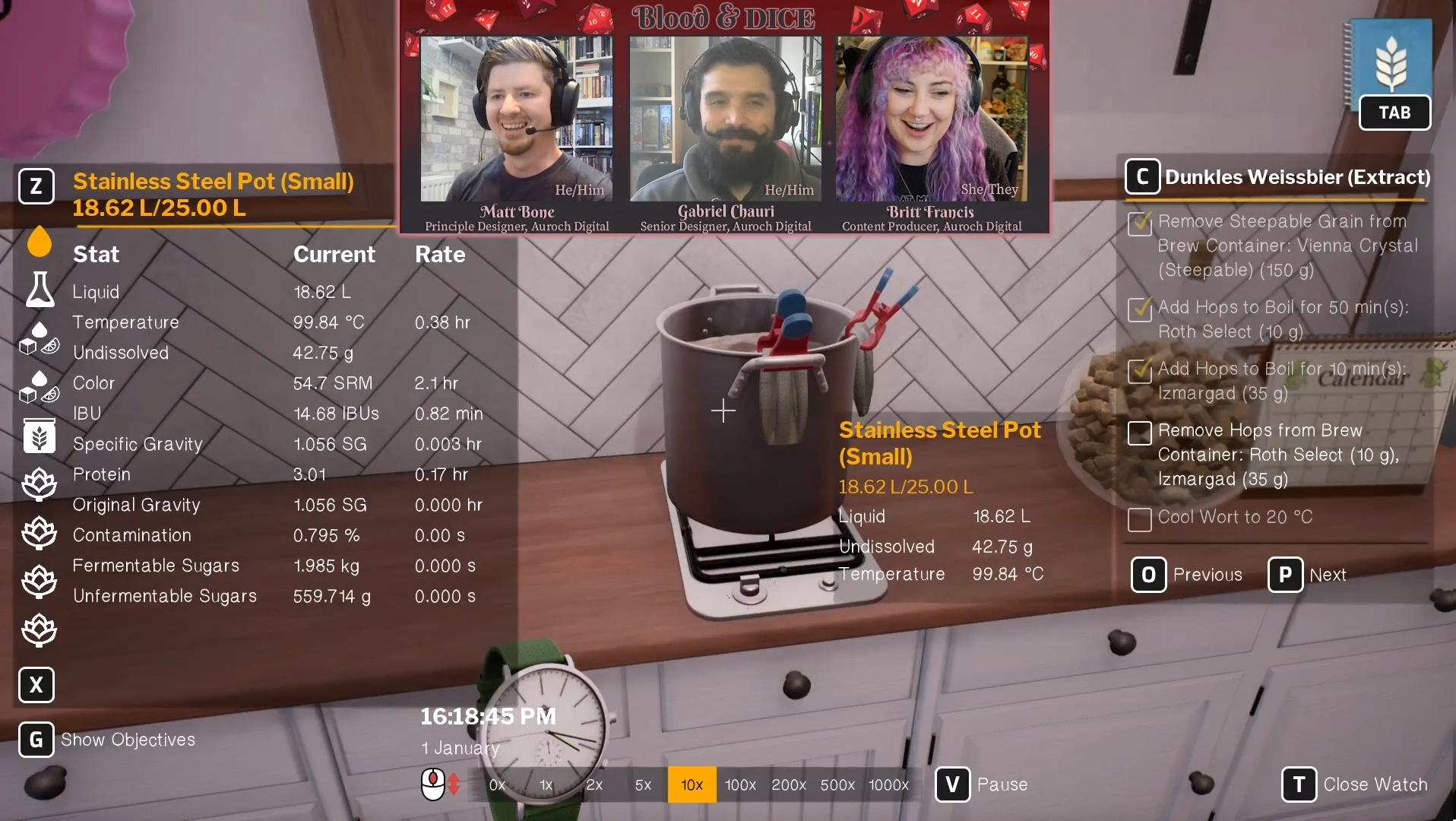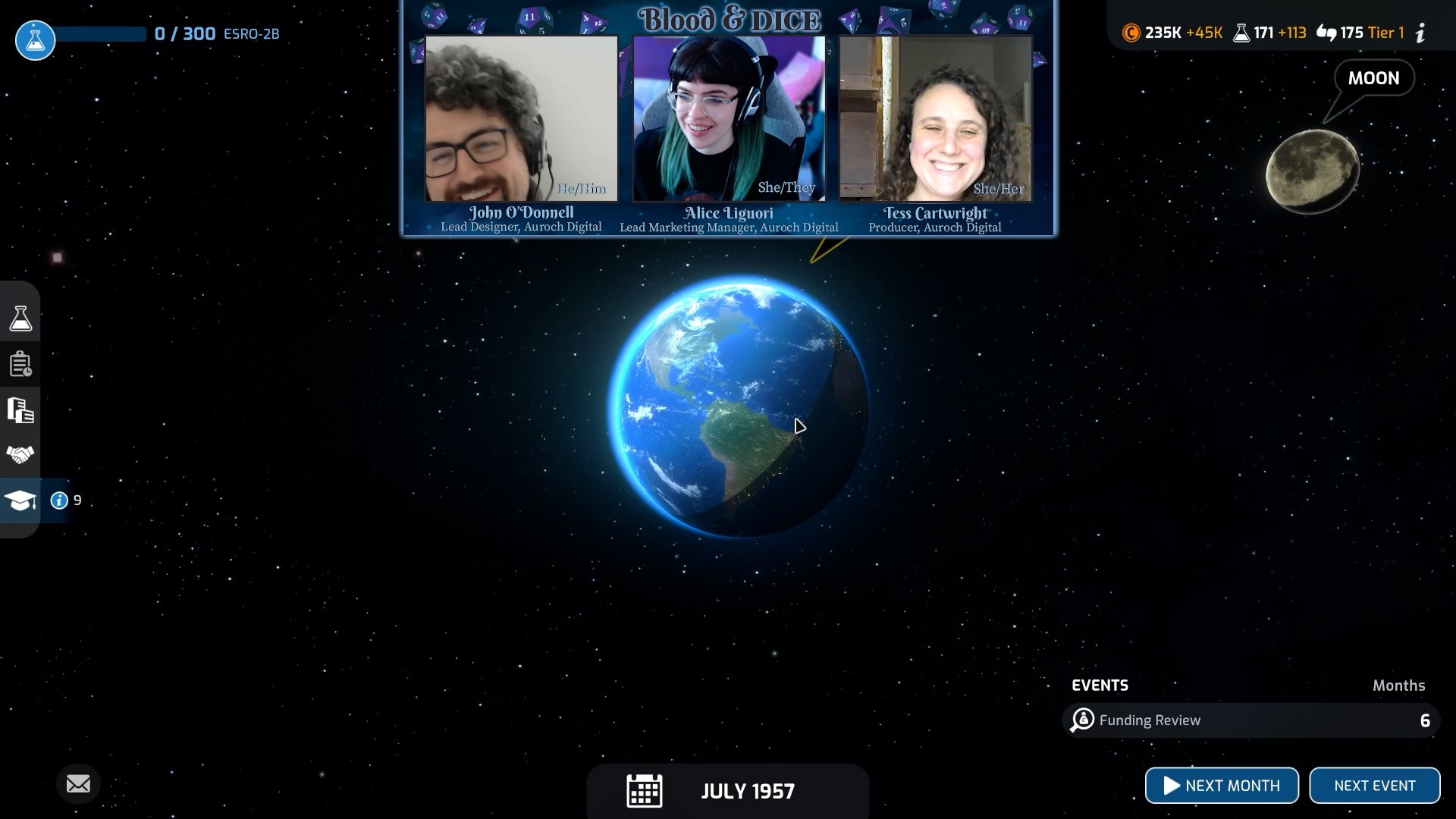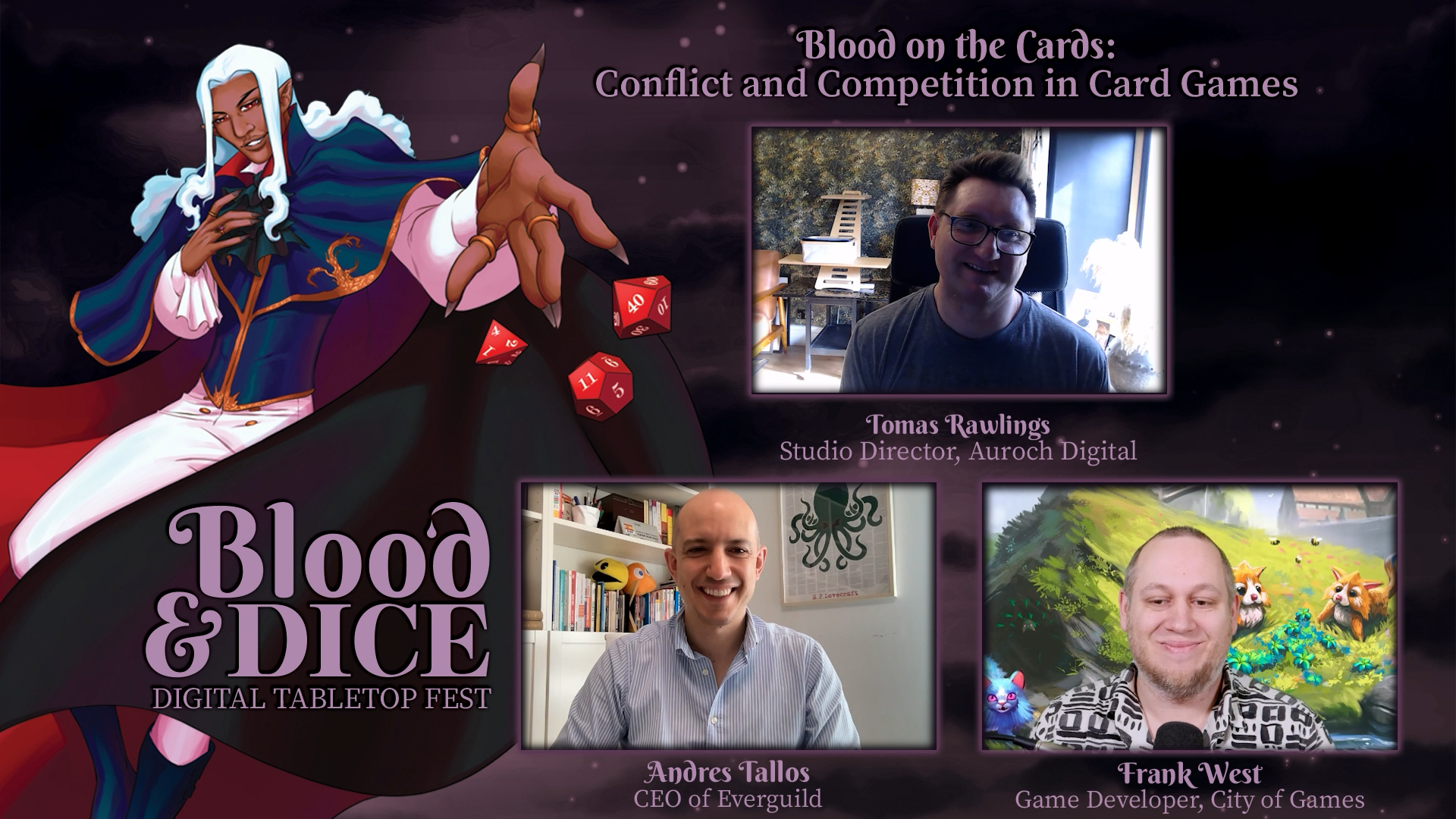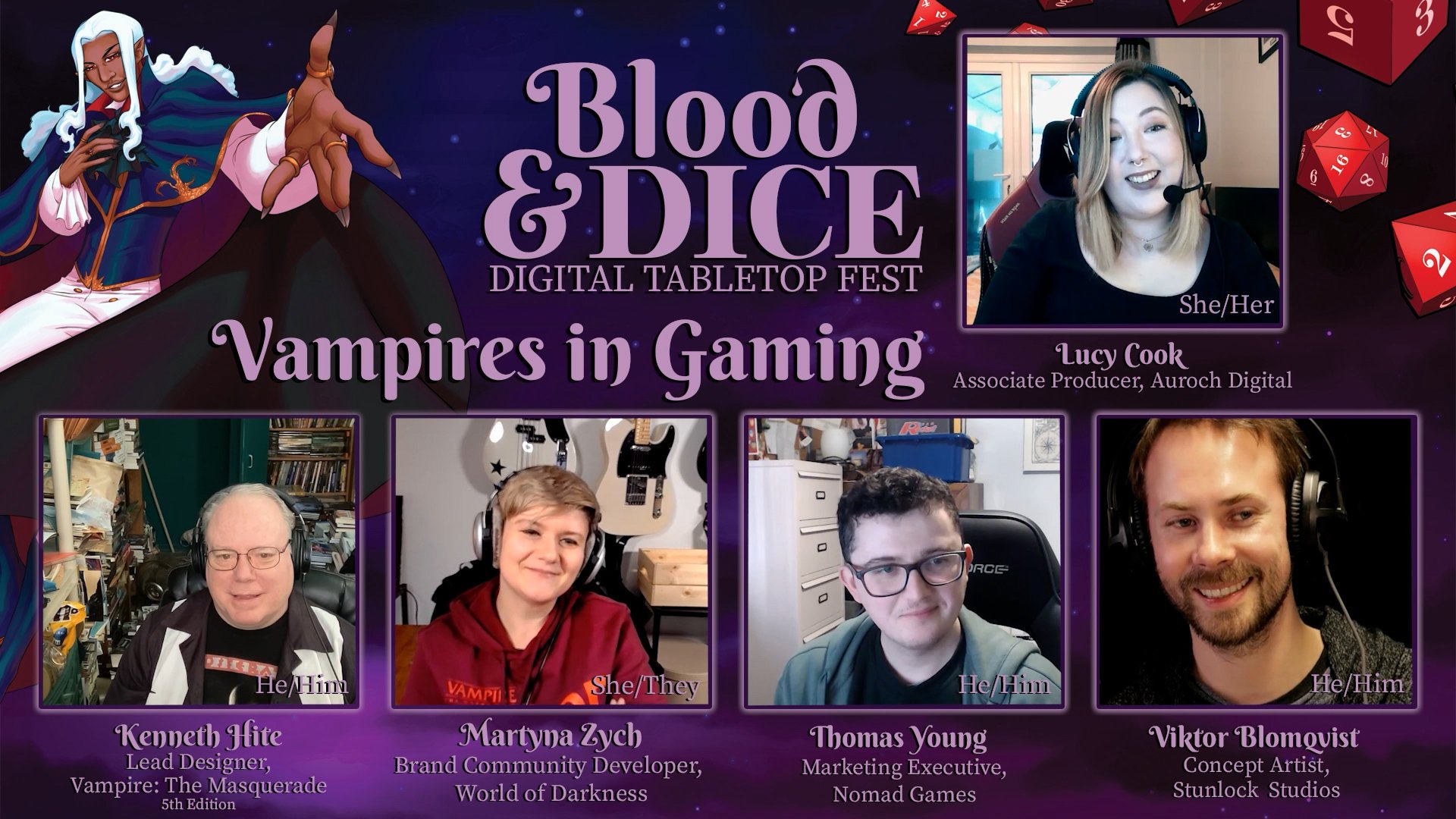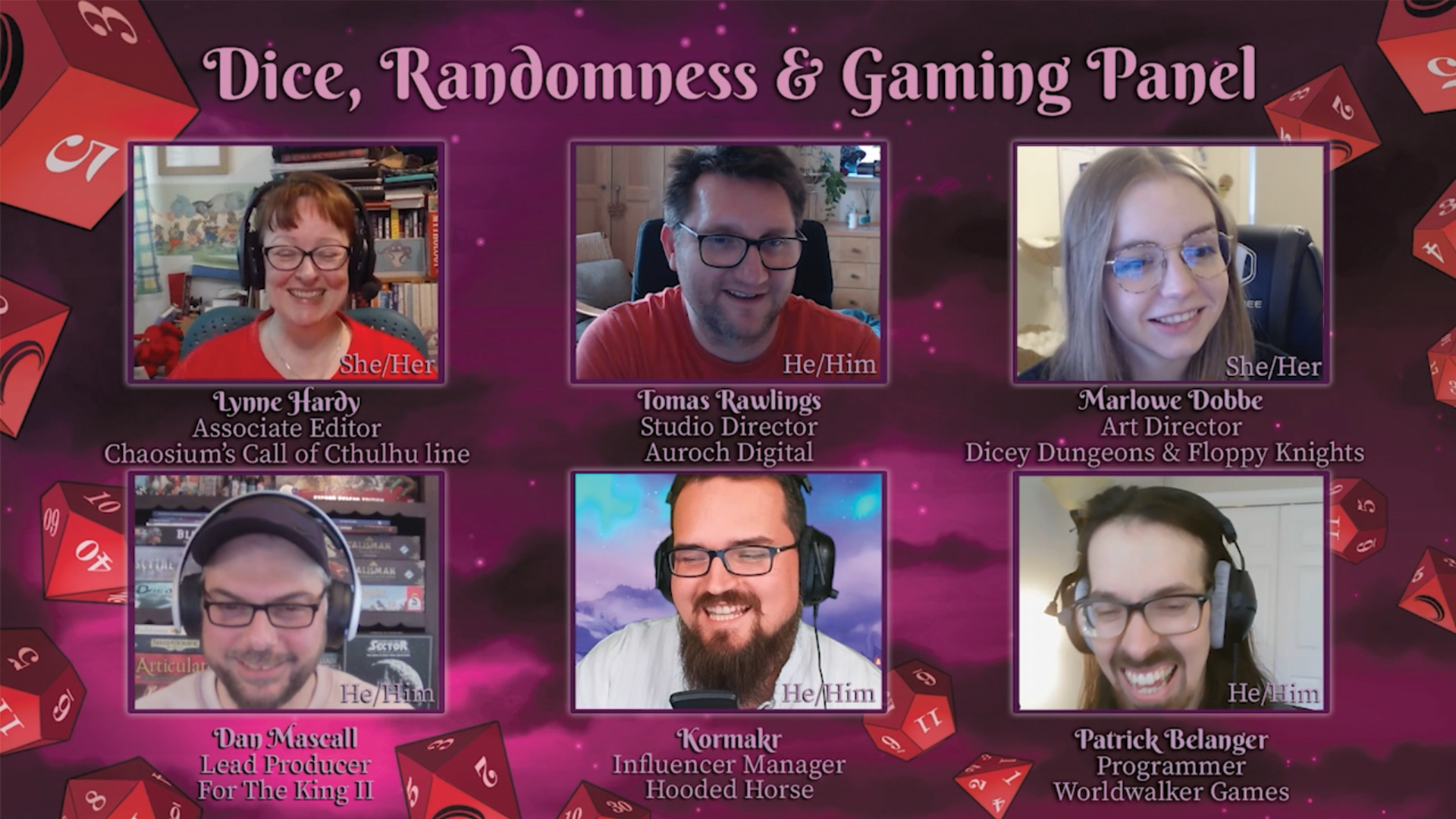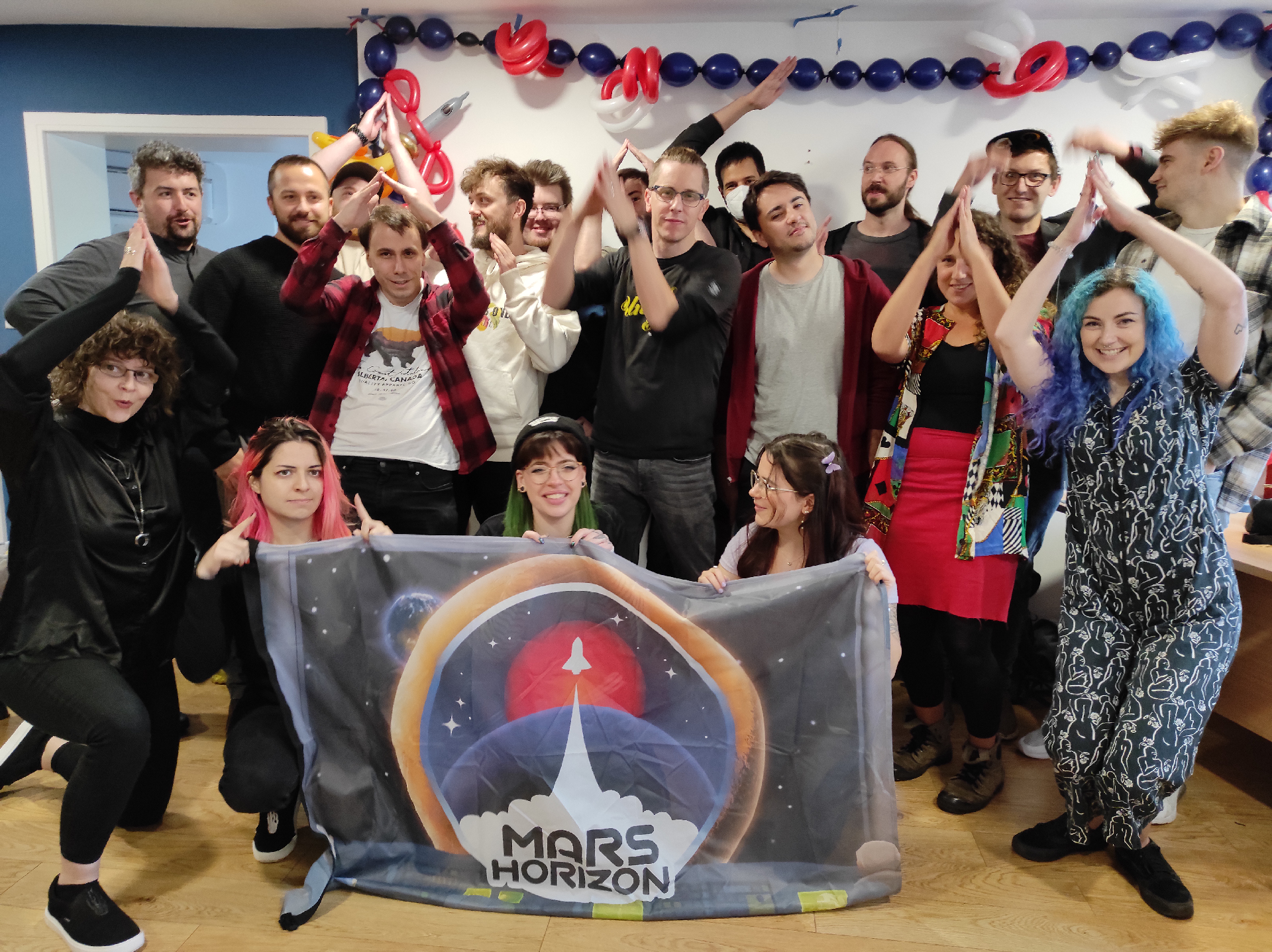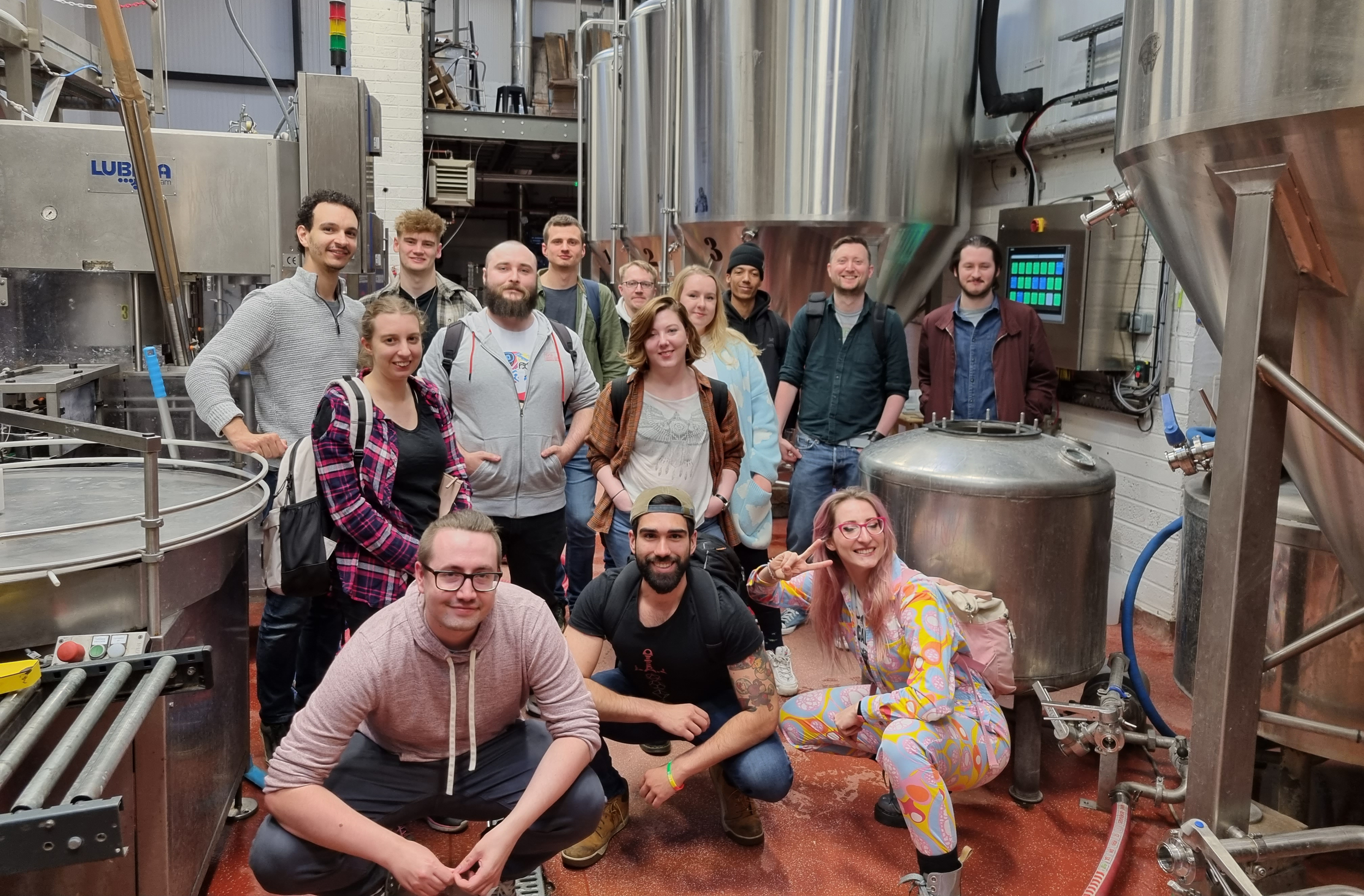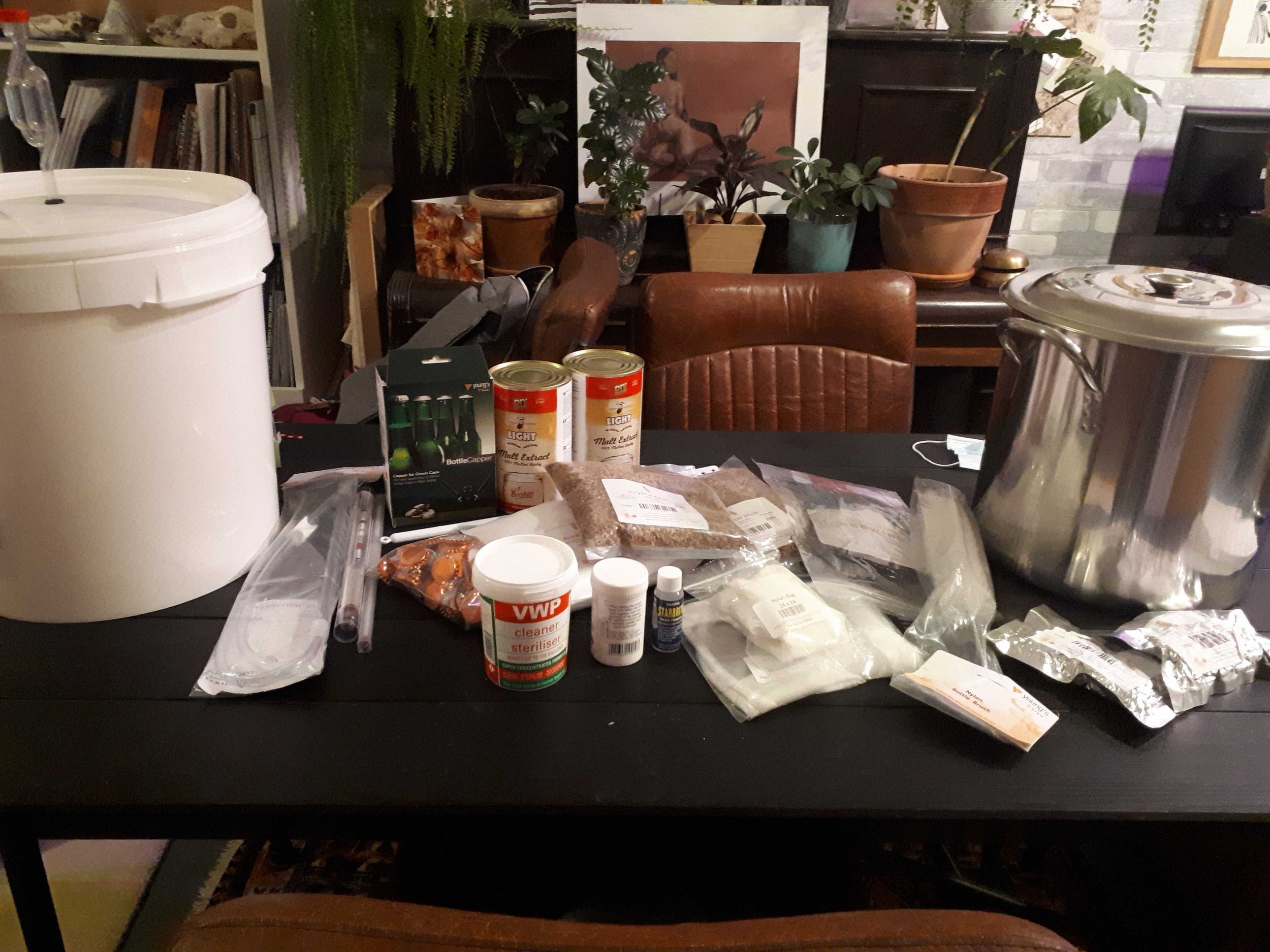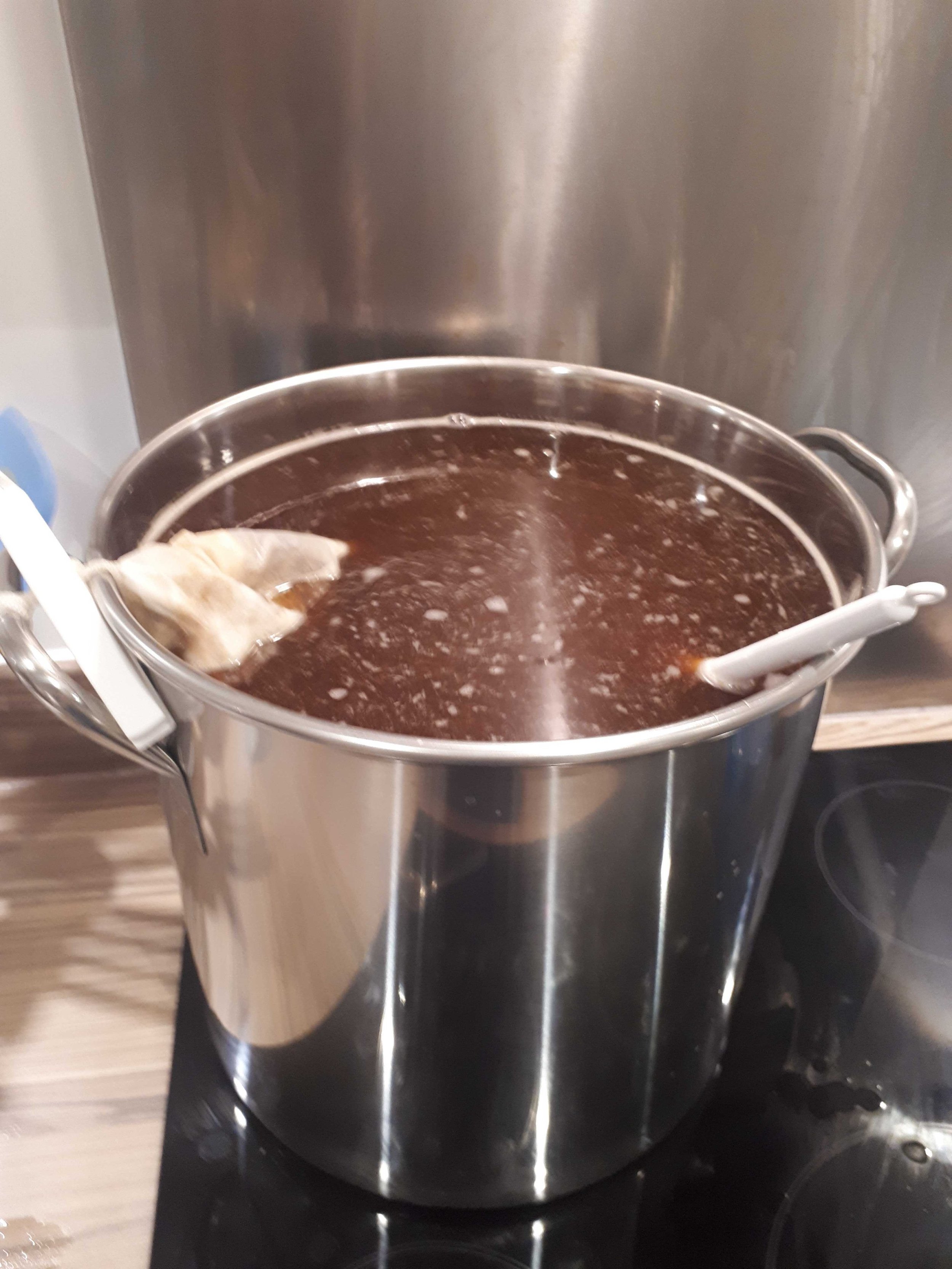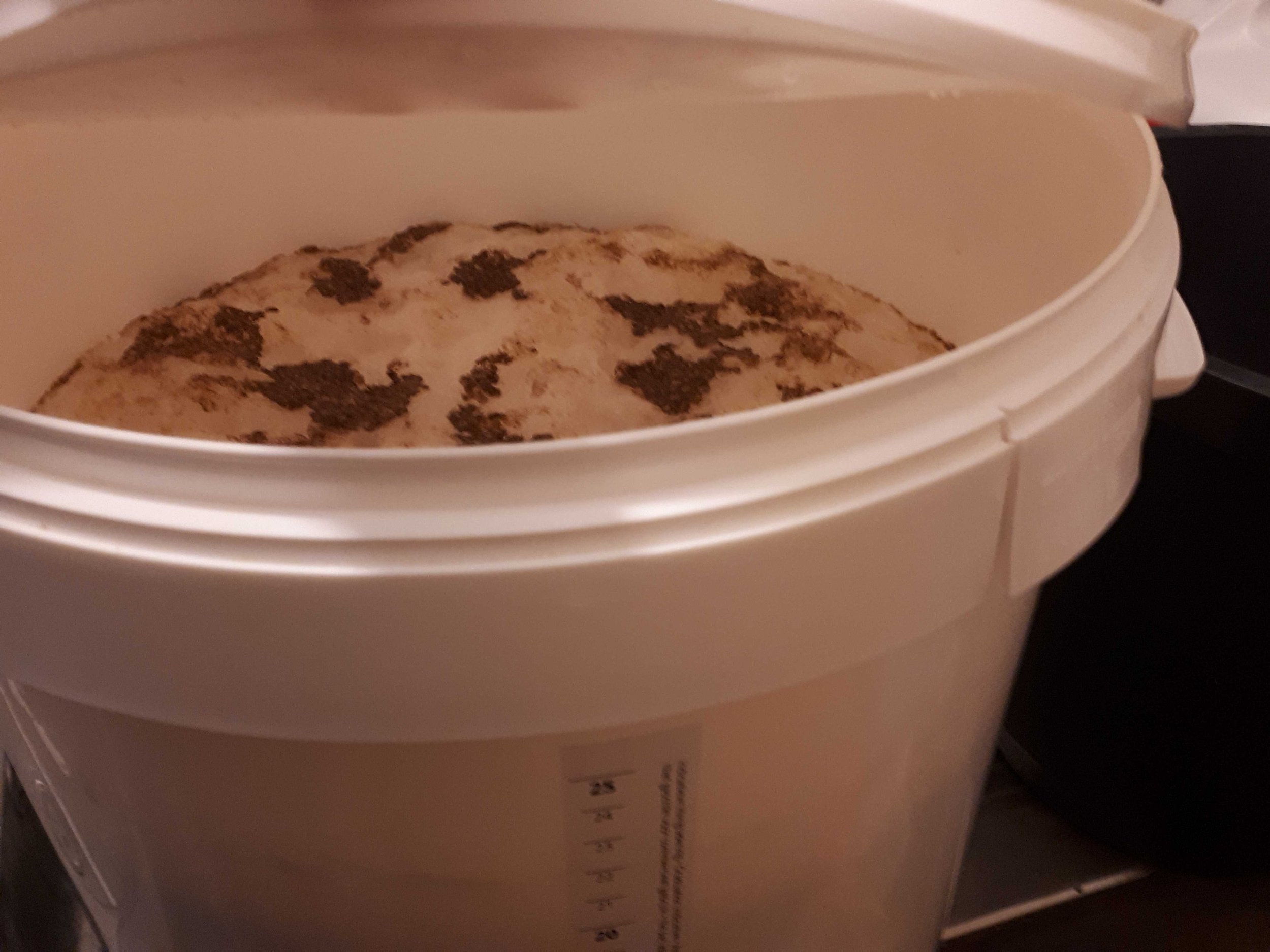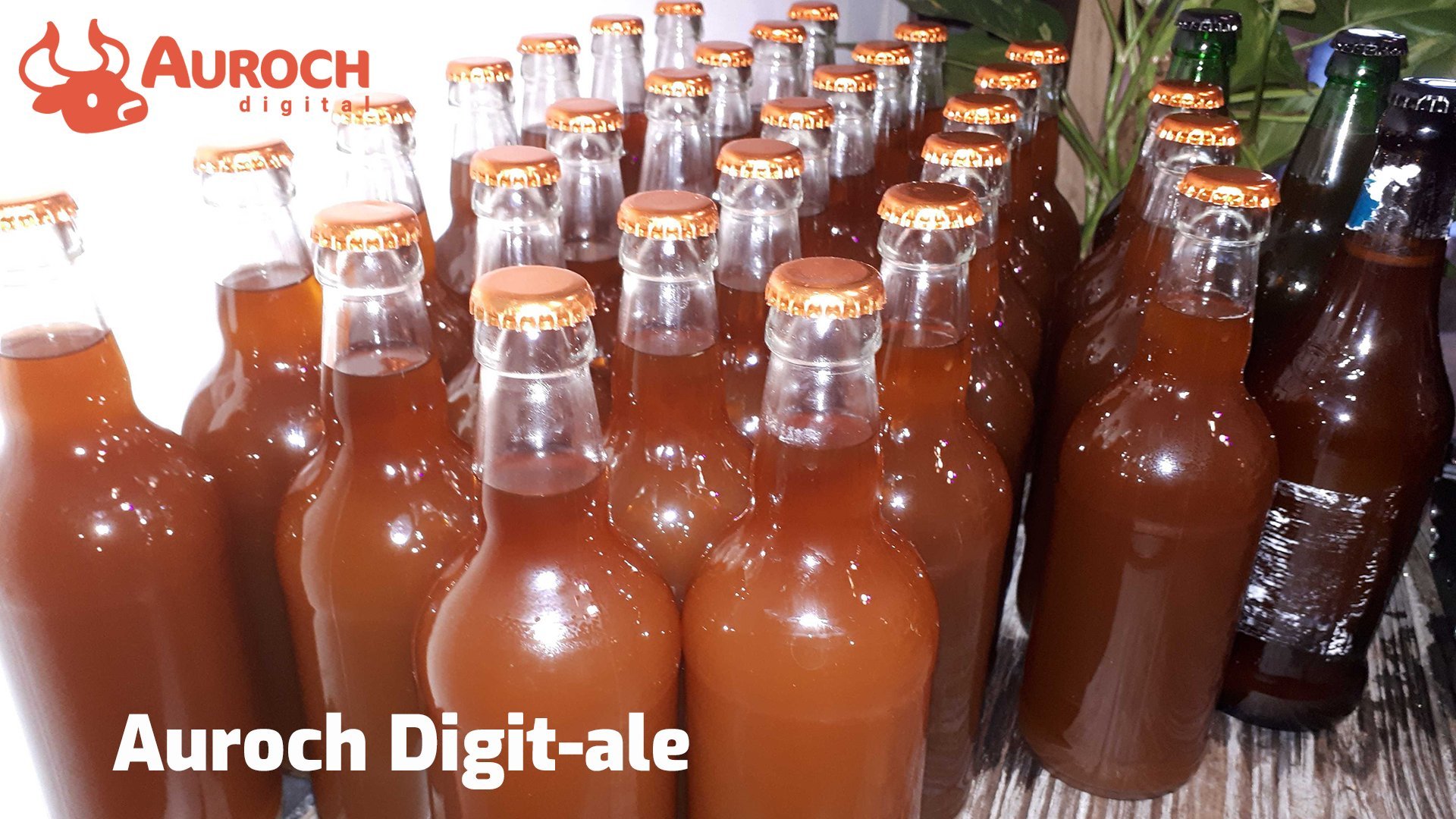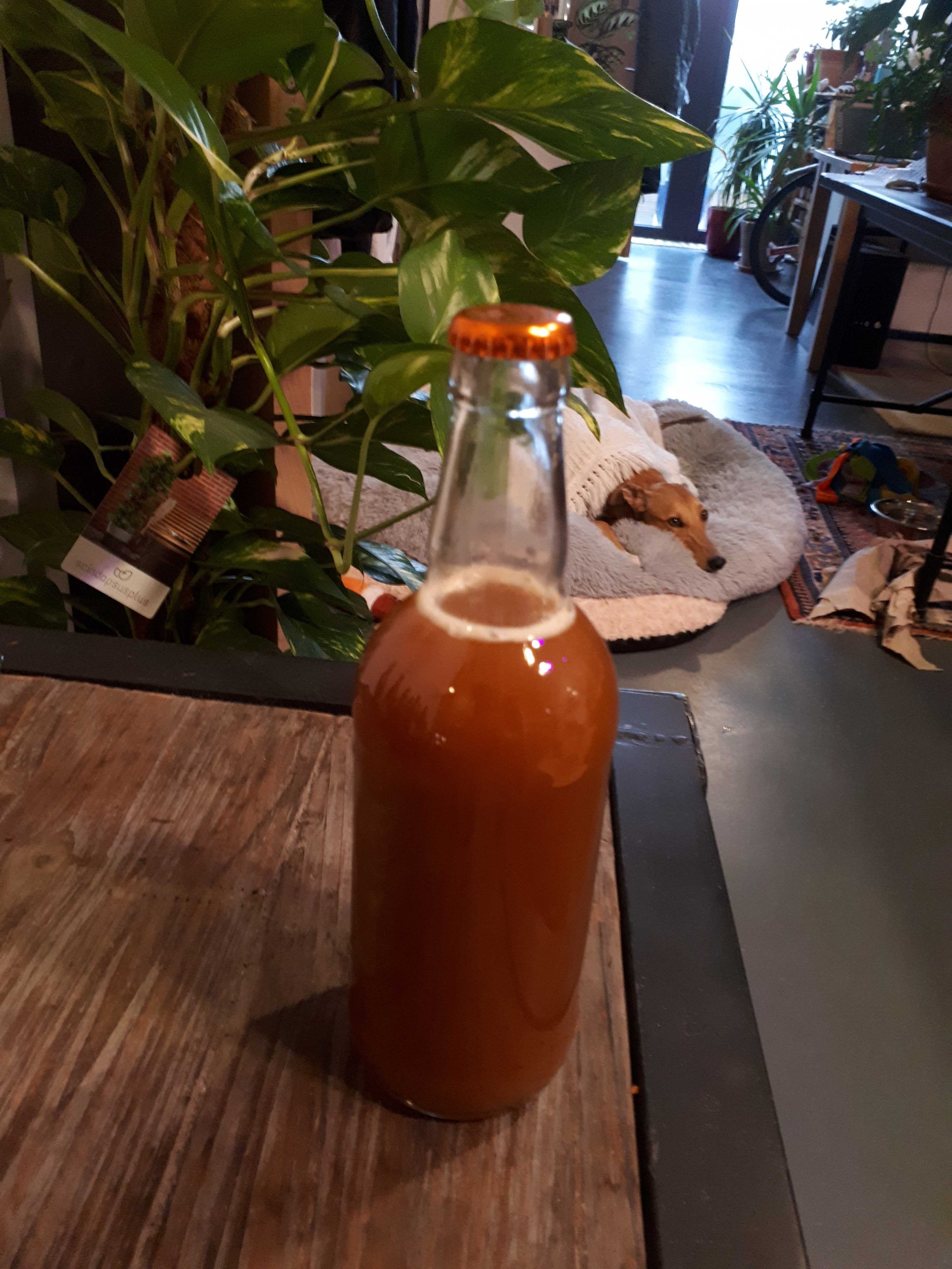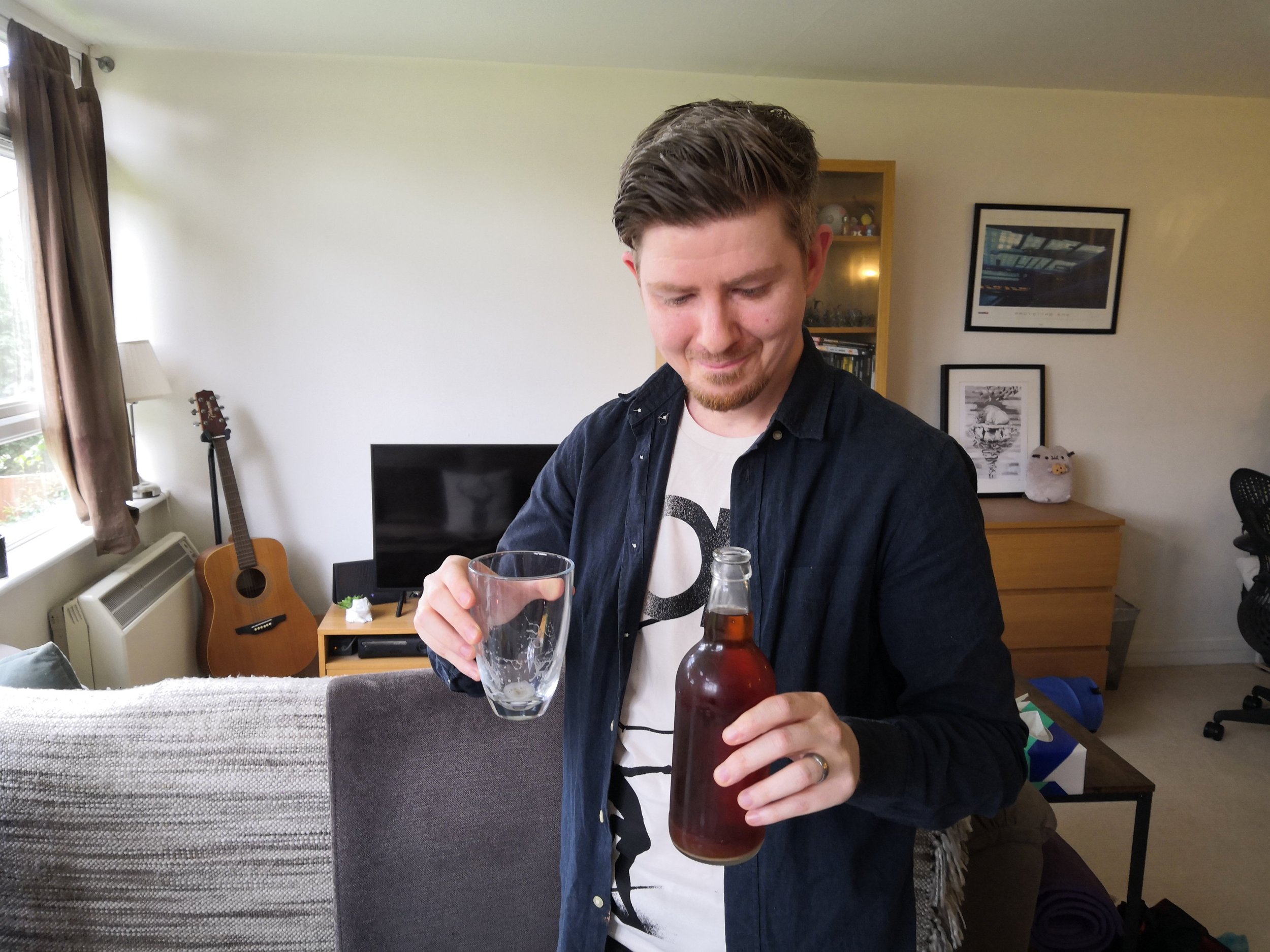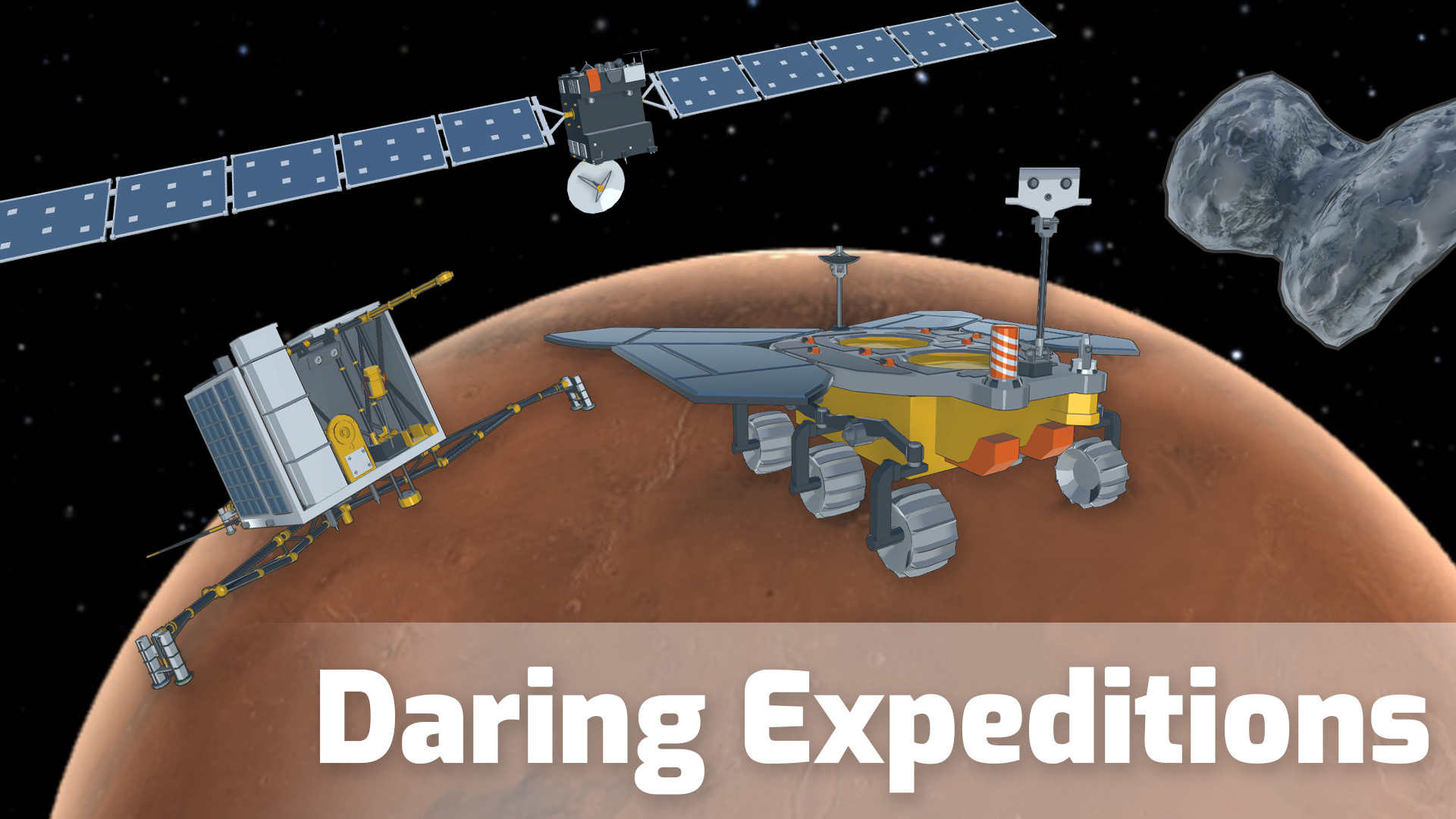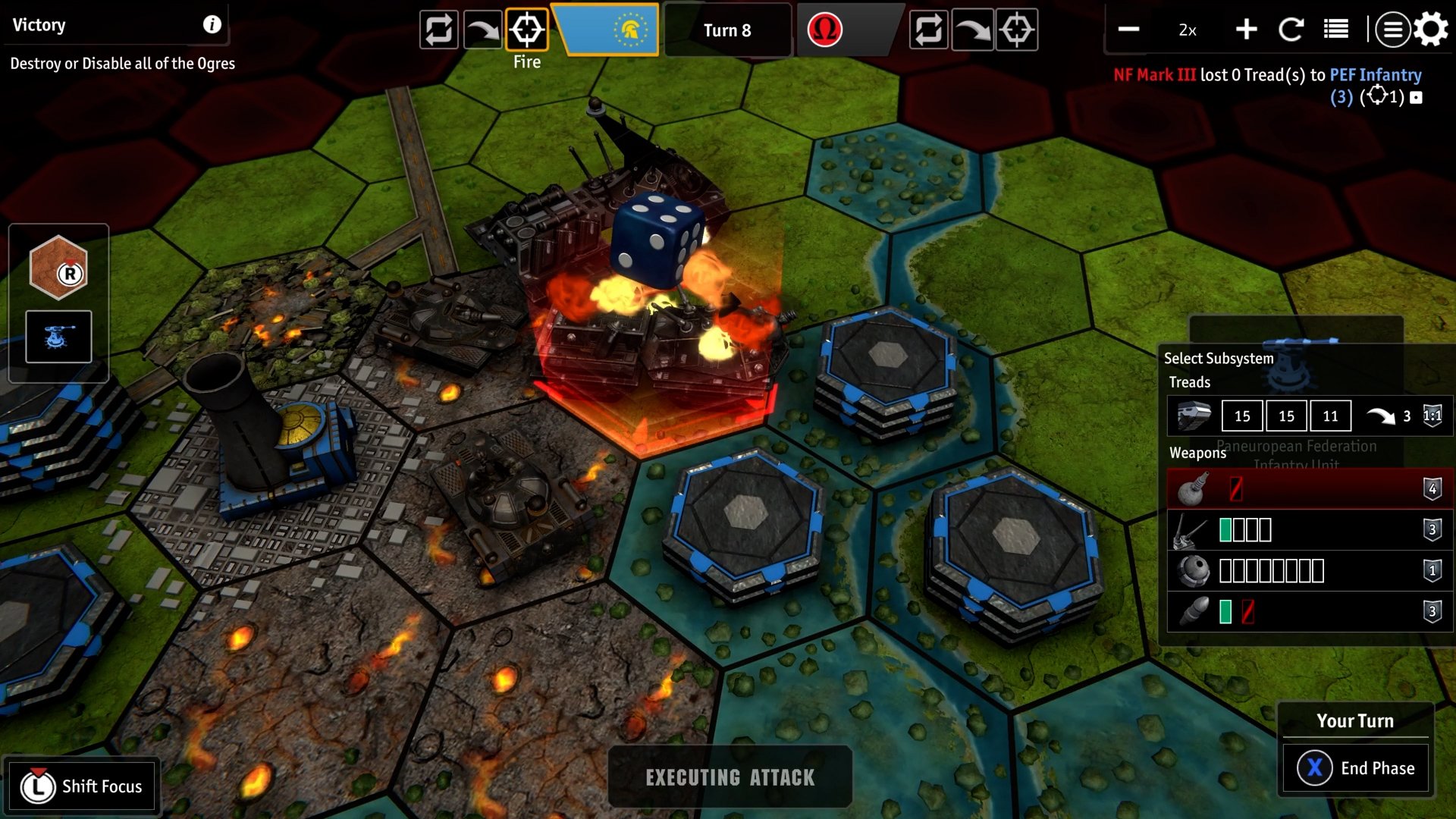Tips to support your neurodiverse team within the games industry
/The pandemic brought around a lot of change, and those who had previously never considered themselves as neurodiverse were suddenly taken out of their comfort zone and faced with new challenges, new ways of life and a whole lot of time at home with their own brain. This, combined with initiatives like Ukie’s #RaiseTheGame and Safe In Our World’s neurodiversity and mental health campaign have led to neurodiversity becoming a huge topic of conversation in the games industry.
Hannah Corcoran - Associate Producer
I’m Hannah Corcoran, an Associate Producer at Auroch Digital with a BSc in Psychology and an MSc in Psychological Research Methods, I'm a trained Mental Health First Aider and a Neurodiversity Consultant, I also have OCD and ADHD. Neurodiversity has surrounded me my whole life, but it can be a tricky subject to understand.
Put simply: neurodiversity means the different ways brains can work and how they interpret information – not all humans are the same and not all humans think in identical ways. Just as we all have different interests, skills and motivations, we also all have totally different brains.
When it comes to the games industry, it’s thought that around one in five people working in the industry are neurodivergent – a higher percentage than in the general UK population. But why is it that so many neurodiverse folks find their way into games? Despite huge numbers, there’s been very little research done to discover the correlation between neurodiversity and games industry careers, but it’s thought that video games as an activity suit neurodivergent brains, so it’s not hard to see how a love for playing them can result in a career.
So, with lots of neurodiverse brains working in the games industry today, how can managers and studios support their neurodivergent teams? Here, I explain ways employers can put their best foot forward in being neurodiverse aware.
Understanding Neurodiversity
The best way to help your neurodiverse teams is to understand what is meant by neurodiversity and some of the terms used:
Neurodiversity (noun): The diversity or variation of cognitive functioning in people.
Neurodiverse (adjective): Describes the diversity and variation of cognitive functioning in people.
Neurodivergence (noun): Cognitive functioning which is not considered "typical".
Neurodivergent (adjective): Describes people who have a neurodivergence.
What does it mean to be neurodiverse?
You might be wondering ‘what does it mean to be neurodiverse?’… well, there isn’t just one way to be. Neurodiversity cannot and is not defined as being one thing – it can include a range of conditions that effect everyone in entirely different ways, including:
-
Affects behaviour – those with ADHD can seem restless, may have trouble concentrating and may act on impulse.
-
Affects communication and experience of the world – Autism is a spectrum and everyone with it is completely different in the levels of support they may or may not need.
-
Can affect learning, such as reading and writing, and has differing levels of severity for everyone on the spectrum.
-
Affects movement and co-ordination, such as fine motor skills like writing and using small objects.
… and more! It's common to find that neurodivergent individuals may experience more than one of these conditions, known as comorbidity, and it’s important to remember that not everyone may experience them in the same way.
The best ways you can support your neurodiverse team
Keeping Lines of Communication Open
Clear and honest communication is the most important way you can support your neurodiverse team… but it’s also the broadest area that will require the most flexibility.
Starting way back during the interview stage: make it a best practice to explain your company’s approach to supporting neurodiversity without putting any pressure on the candidate to come forward and share. Framing your neurodiversity strategy as part on the onboarding will make it feel like general information and could make dialogue down the line easier.
If one of your team members tells you about their neurodiversity, it’s important to welcome that with open arms and start to work on how you can create the best, most supportive environment for them. Establish the communication preferences with your team member: how do they best disseminate instruction or direction? What is their preferred way to interject/contribute to a debate or meeting? What tools and processes do they need to best track information? Finding out these things early on means you can best accommodate them in meetings, projects and team events.
While the responsibility to support neurodiverse staff sits with the employer, there are always going to be limits and it’s good to establish those boundaries early on. Identify with your team a sensible approach to working, take time to understand their ways of working and establish reasonable expectations – such as additional support needed, or extra time for tasks to be completed.
It’s best not to let undisclosed neurodiversity linger, talking it through openly will help you both understand what support is needed and how your team member can work at their best. Regular check-ins with your team to ensure they’re comfortable and feel safe to raise any issues is key in creating a happier environment for everyone.
Remember: Employers should not request that their neurodiverse employees provide a medical diagnosis of their neurodiversity - self-diagnosis is both valid and liberatory, as the formal diagnostic process itself is highly flawed. Medical professionals are often ill-informed of the nuances of neurodiversity and for many doctors and therapists, it’s difficult to recognise neurodivergence in anyone who is not a young, white boy thanks to the assessment criteria which does not sufficiently account for gender, race or age. In addition, the diagnosis process usually has an extremely long waiting list and privatised options are very expensive and inaccessible to many.
We have an office where some of our staff work. where possible, we allow staff to choose the best working environment for them, whether thats remote or office based.
Creating Smooth Processes
Making games can be messy. There is no ‘one size fits all’ approach and it’s not unusual for plans to go awry. Whilst this is something that can’t always be helped, remember that it can be almost impossible for a neurodiverse brain to remain focussed when unsure if task lists or plans for the day are set to go off the rails. With this in mind, avoid getting into the habit of changing your teams’ day-to-day work and try to limit unexpected meetings with little to no notice.
The games industry loves a curveball and a change of plan can’t always be helped – but if unavoidable disruption does come around, have a plan to work with your team to reassure them that the impact is not something they have control over.
Be mindful about the way you deliver instruction to your team, too. Not everyone is able to digest and understand a huge wall of text sent in an email, especially if the message doesn’t have deadlines or clear instructions. Work with your team to discover how much detail is enough and address the expected delivery of that work – breaking it down into smaller tasks with deadlines and estimated time-to-complete. Whilst it might not always be possible to cut down on information given, breaking down a copy-dense document and providing a bullet-point summary can help.
In my experience, a manager taking the time to break down one huge task into bitesize chunks with deadlines and work in progress limits meant that I could be more productive, complete work on time and to a high standard.
Everything comes back to clear communication – by opening the door to conversation around preferred instruction, everyone will be able to deliver their best work.
We do team meet ups during big project milestones. Here is the Warhammer 40,000: Boltgun team celebrating the launch of the game.
Adapting Policies
This is the hard bit, I know. I’m incredibly lucky to work for a studio which has neurodiversity awareness as one of its core pillars, but not everyone has the same experience. Some studios don’t have the capacity or understanding to make changes at their core – but here are some small adjustments that might help your neurodiverse teams:
Adjust Your Physical Spaces
Now many studios are welcoming teams back to offices and studios around the world, take the time to consider if your physical space is suitable for your neurodiverse teams. Hotdesking has become a common trend with the return to work but it’s worth considering that for a neurodivergent brain - which likes consistency and familiarity - the idea of a different desk every day might not be the most inviting. Speak to your teams and respect their answers; if they’d prefer a set space in the office, try your best to make it happen.
I know a lot of people are excited at the premise of having a bustling office space, but someone with neurodiversity is likely to find this very overwhelming – especially if their desk is in a high-traffic area. Consider having an open conversation with your team to find out what their preferences are and then do your best to accommodate… this small consideration will lead to a much more comfortable office environment for all.
Offer Flexible Working
My ADHD brain does its best work from around 2pm onwards and I was noticing that I was clocking lots of hours in overtime as I was getting into a productive swing around 4pm and not realising the time. Luckily, a quick conversation with my manager enabled me to shift my core hours to later in the day and take a longer lunchbreak, as a result I’m more productive and – most importantly – not working over. These kinds of conversations are invaluable to someone with neurodiversity – a small change can lead to a big impact.
Be Mindful of Meetings
Nobody likes to receive a calendar invitation to a last-minute meeting with no information or context: so give details in your invitations and try to create space between time of sending the meeting and the time of the call. Also consider how you log the contents of a meeting, by recording all calls your team can easily access and process the information at a later date without the pressure of a live audience.
We are a remote studio and this has lots of benefits. One of these benefits is allowing our neurodiverse staff to control their own physical working environment.
Educate Yourself!
Neurodiversity is a huge topic with more information, new findings and updated best practices always on the horizon. Remember: there is no one size fits all and the best thing you can do is keep learning, maintain open communication and be honest.
If you’d like to continue your learning journey, below are some useful articles and resources:
Safe In Our World: “How to be more neuro-inclusive at work”
Healthline: “Autism Masking – To Blend, Or Not To Blend”
Exceptional Individuals: “Dyspraxia Workplace Needs”
Autistic: “What is Autistica Play?”
2012 Burnett Lecture: “This is how you treat ADHD based off science by Dr Russell Barkley
